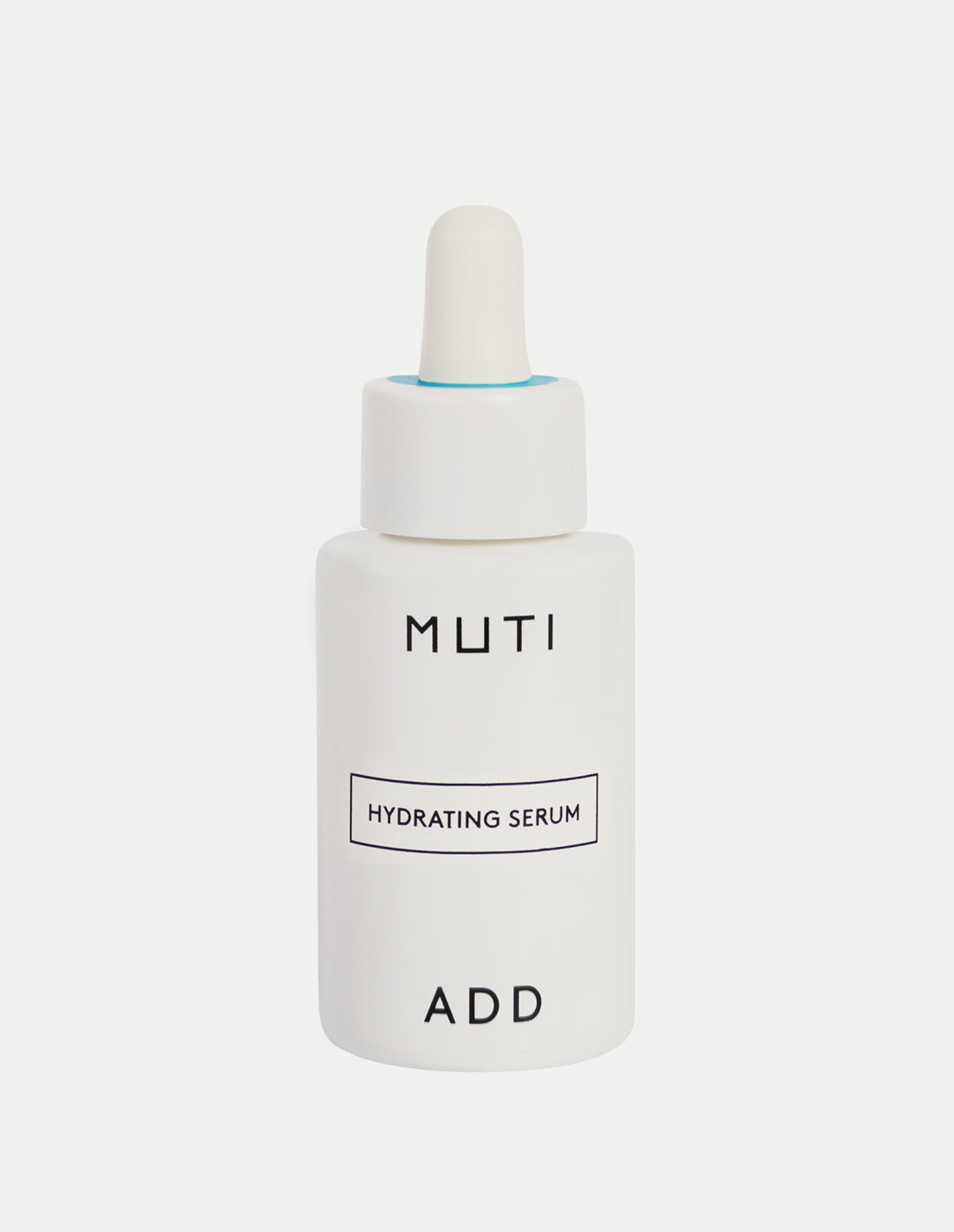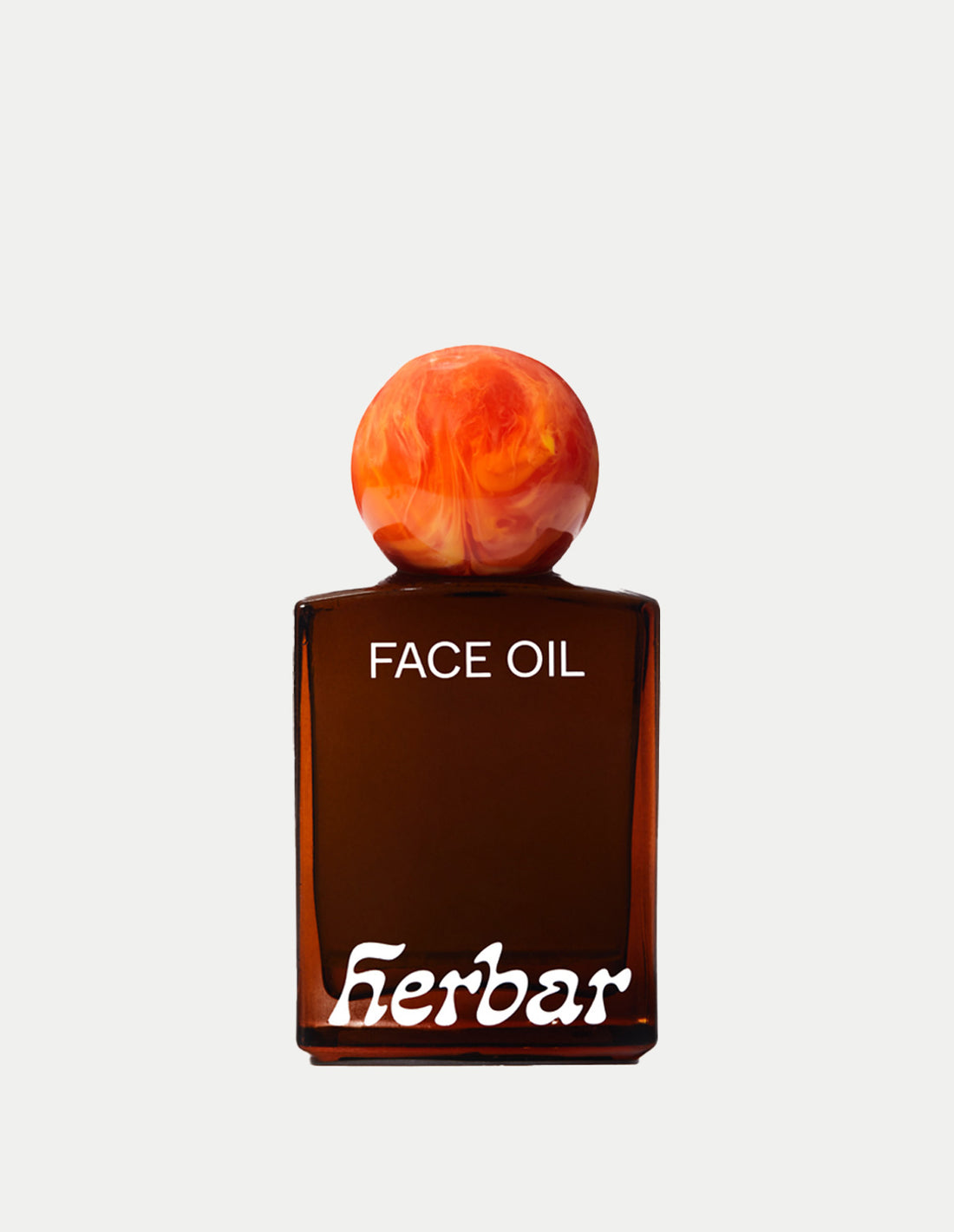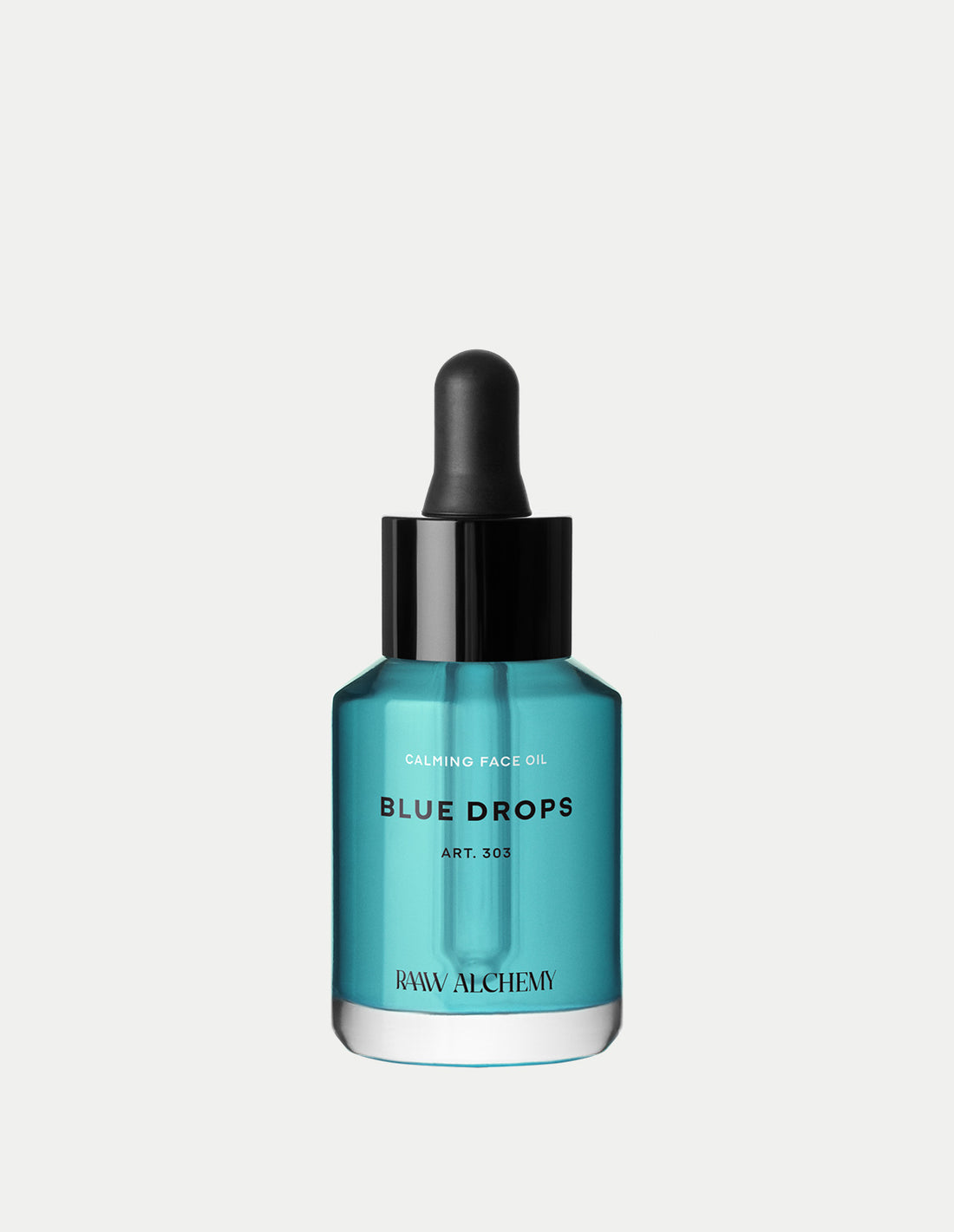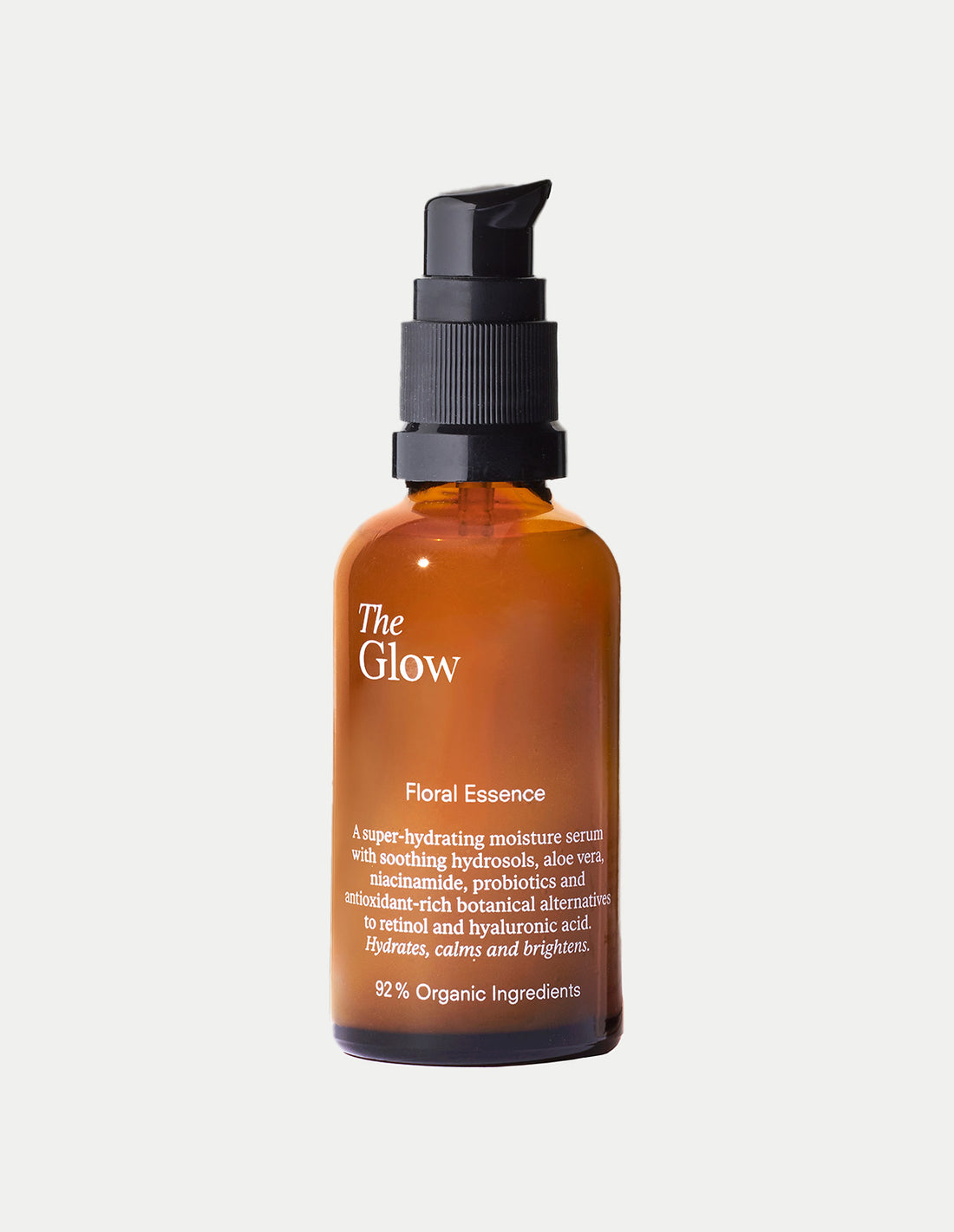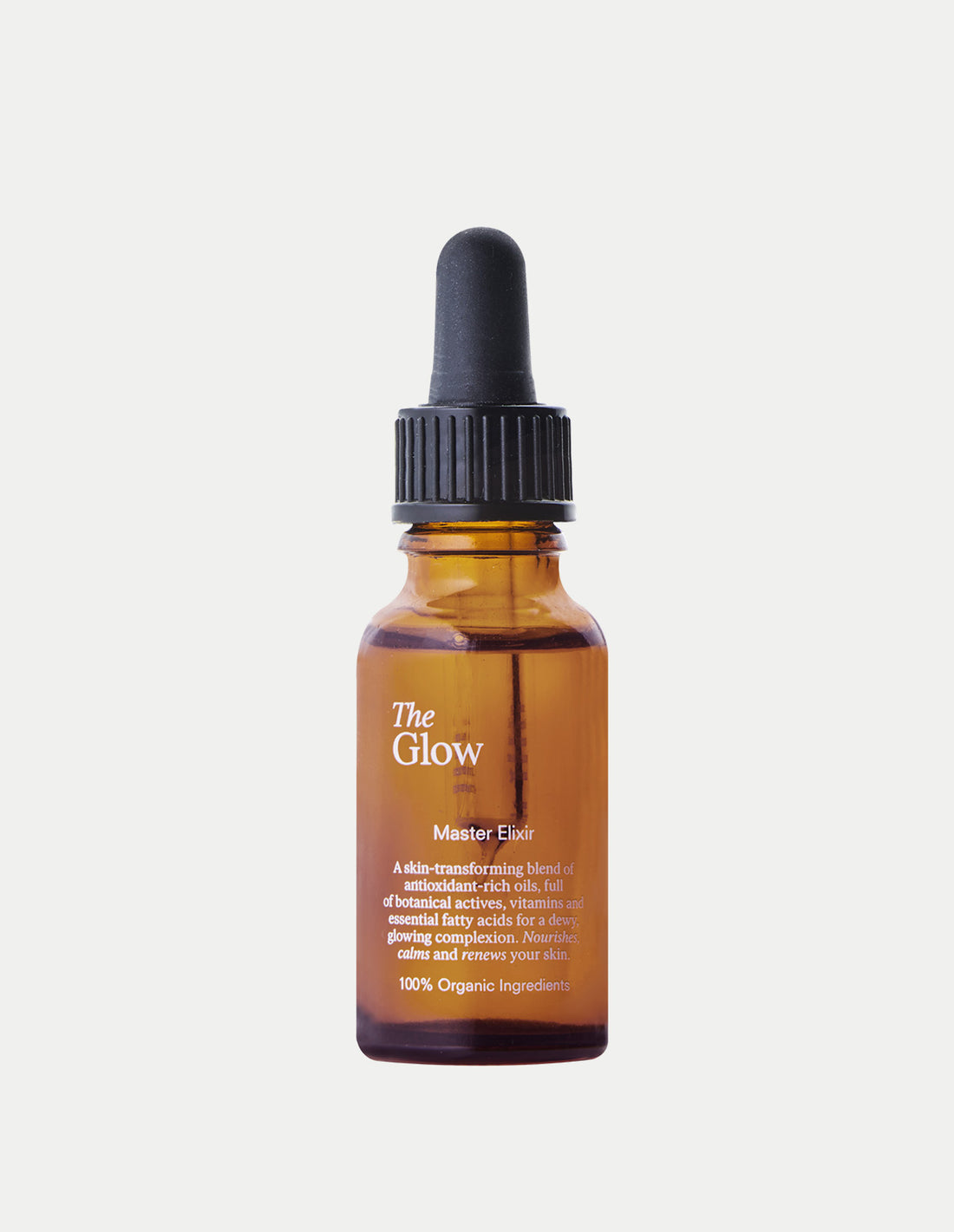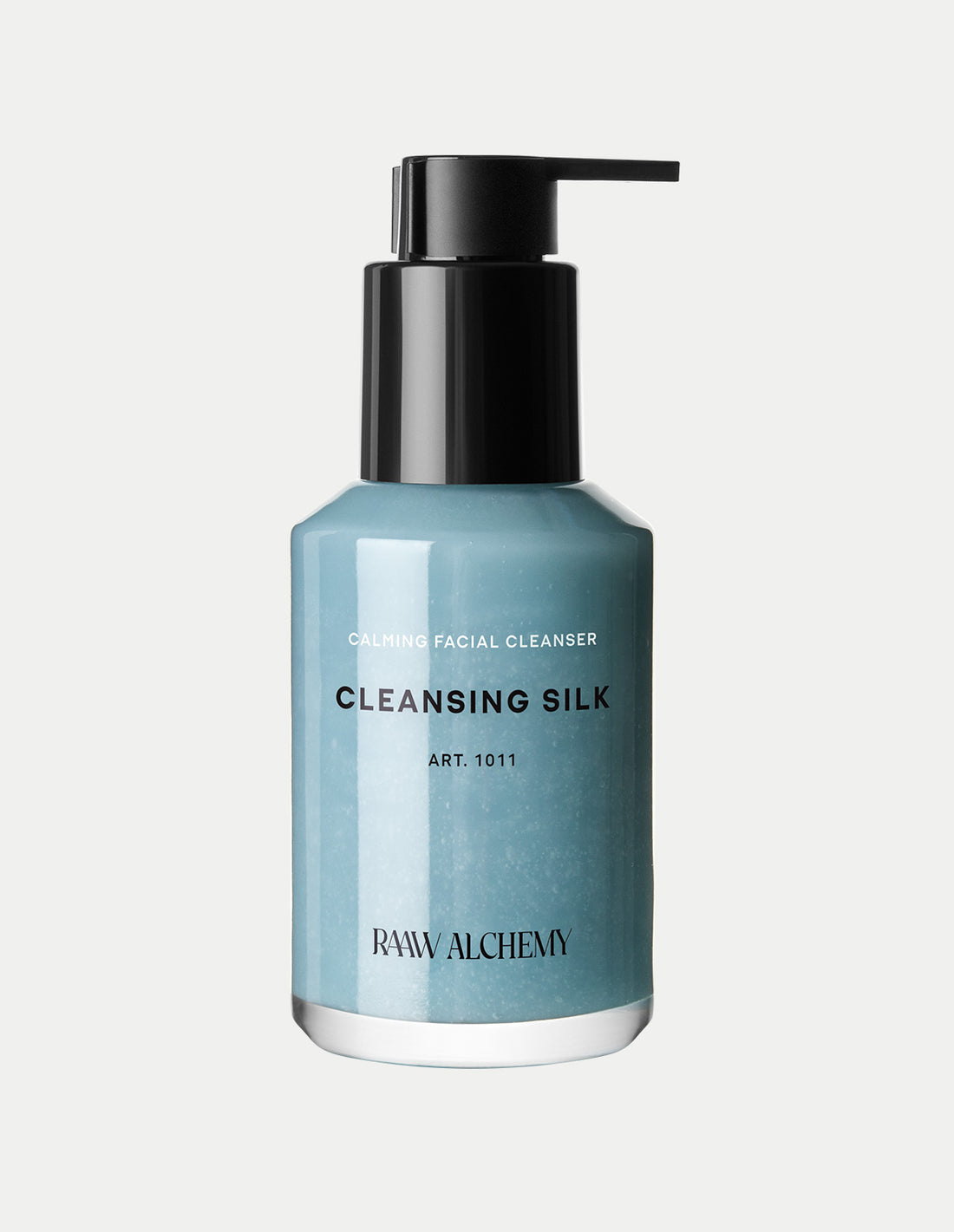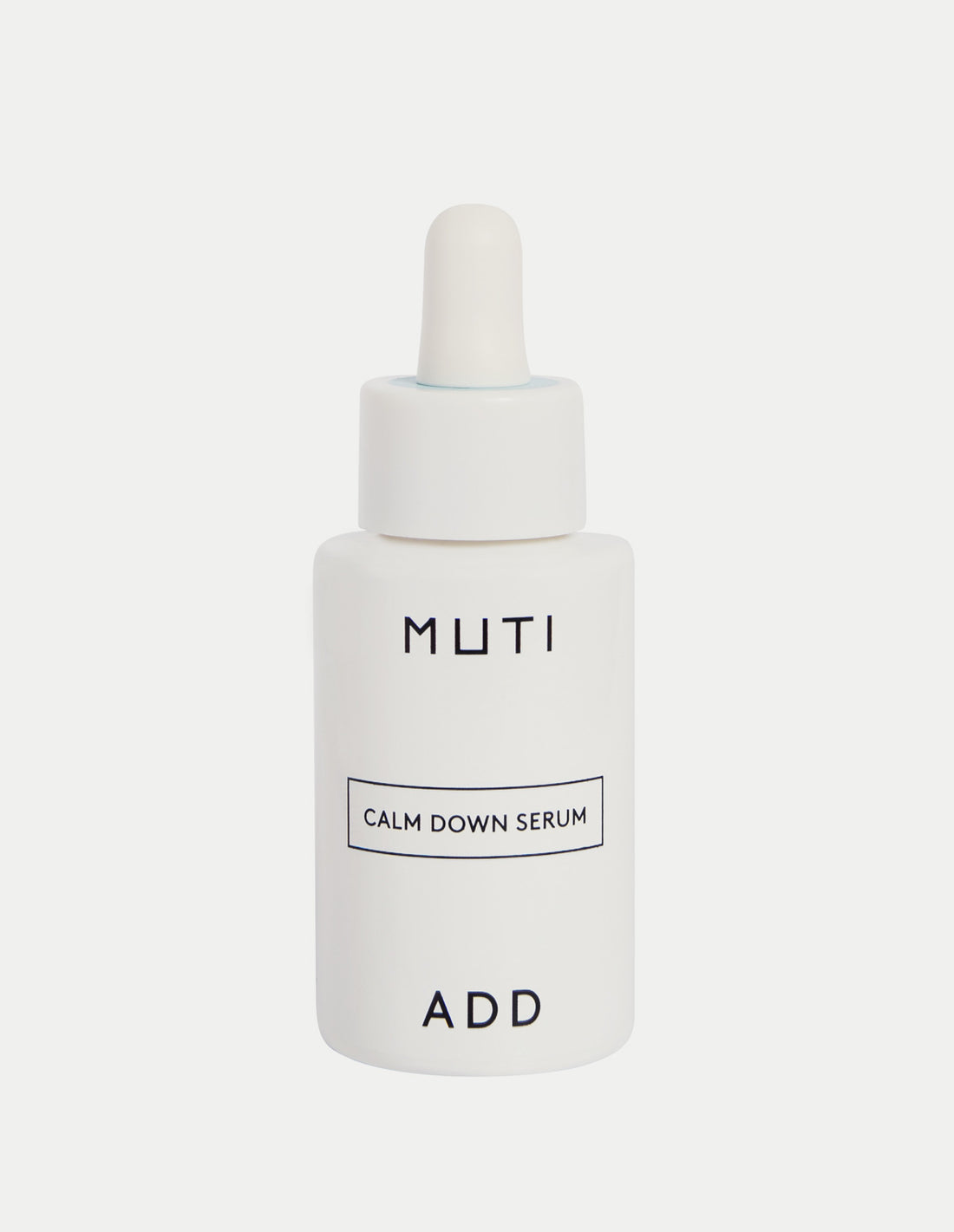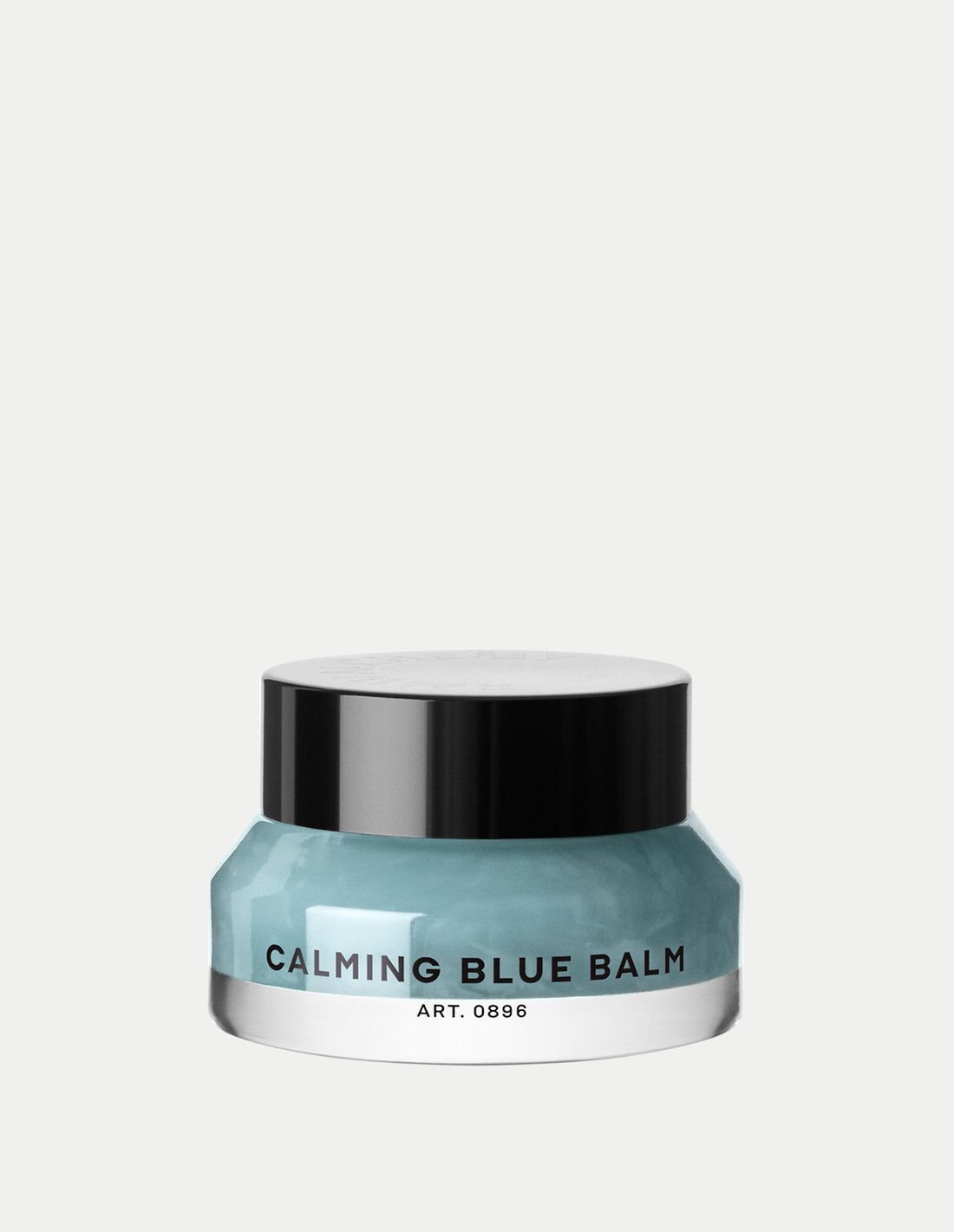What skin type are you?
-
Did you know that our skin is the largest organ in the body?
-
In fact, the skin is considered a part of the body, along with the internal organs. However, it varies from person to person, and for this reason, it is divided into different skin types. Only when your skincare is tailored to your skin type will your skin get exactly what it needs.
Determining your skin type will help you find the right products and routine for you. You can easily determine your skin type yourself by following these steps:
-

Step 1
Thoroughly cleanse your face of excess sebum, dirt deposits and makeup.
-

Step 2
Let your skin rest for an hour and avoid using any creams etc.
-

Step 3
Now look carefully at your skin in the mirror and then compare it with the following skin types.
Normal skin
If your facial skin has good circulation, fine pores, and a velvety feel, and appears soft and supple, then you have normal skin. Robust and easy to care for – normal skin's natural functions run almost seamlessly. It is generally insensitive to environmental influences. Nevertheless, even normal skin requires regular care to maintain its health and radiance in the long term.
-
Hyaluronic Eye Complex Roll-On
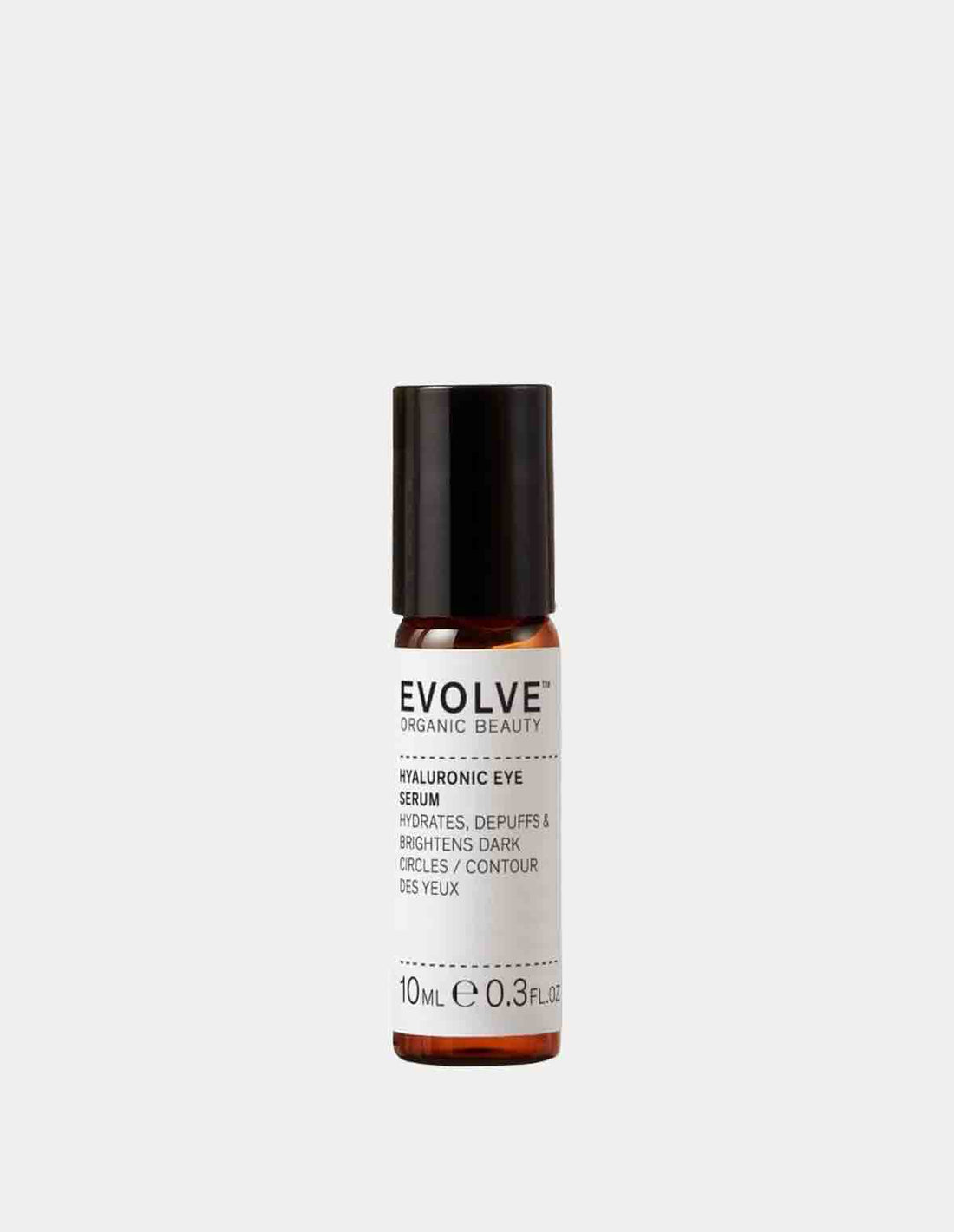 Hyaluronic Eye Complex Roll-On
Hyaluronic Eye Complex Roll-On- Regular price
-
CHF 22.00 - Regular price
-
- Sale price
-
CHF 22.00
-
Camellia Liposome Multi Action Essence
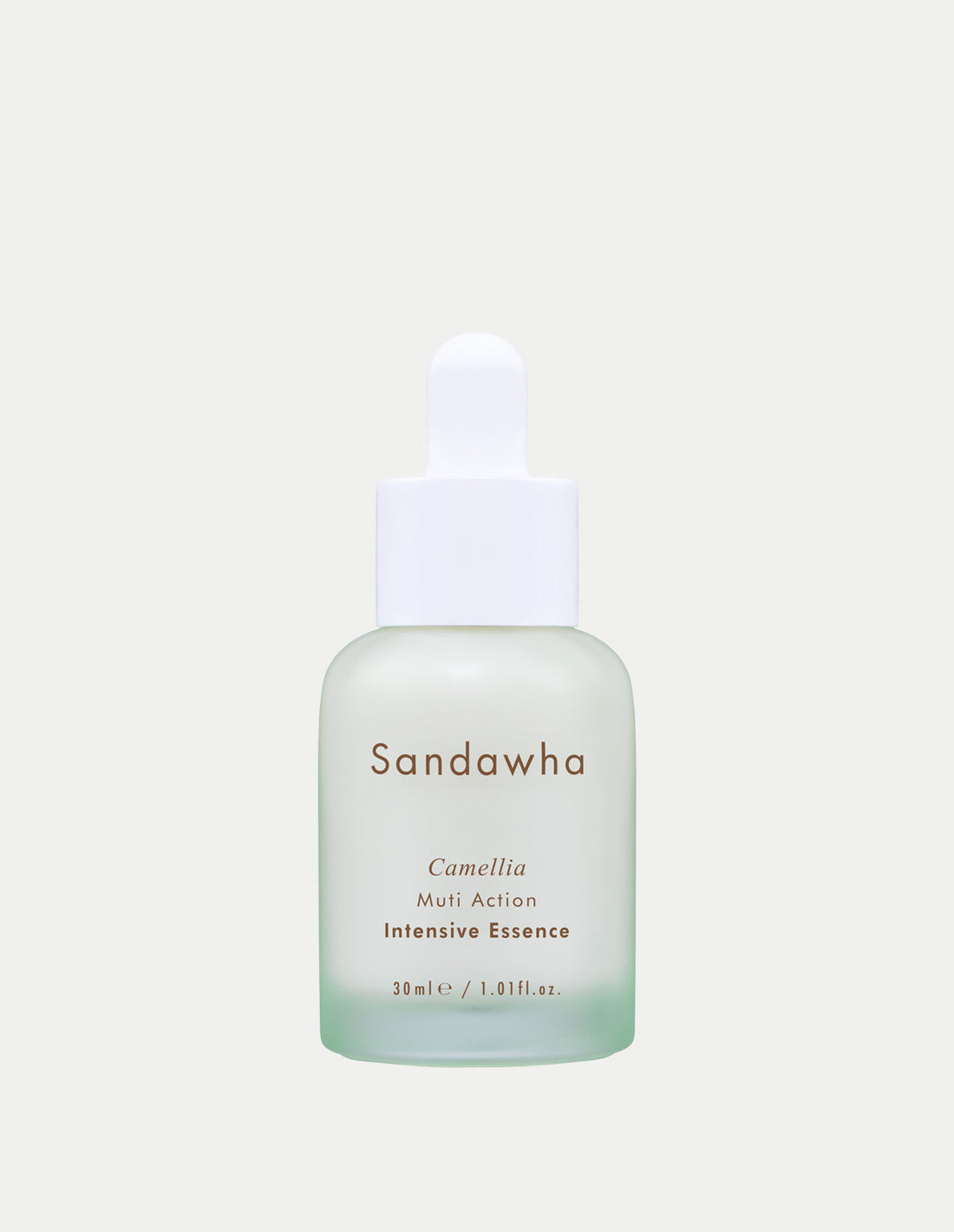 Camellia Liposome Multi Action Essence
Camellia Liposome Multi Action Essence- Regular price
-
CHF 48.00 - Regular price
-
- Sale price
-
CHF 48.00
-
The Dream Mask - Face Mask
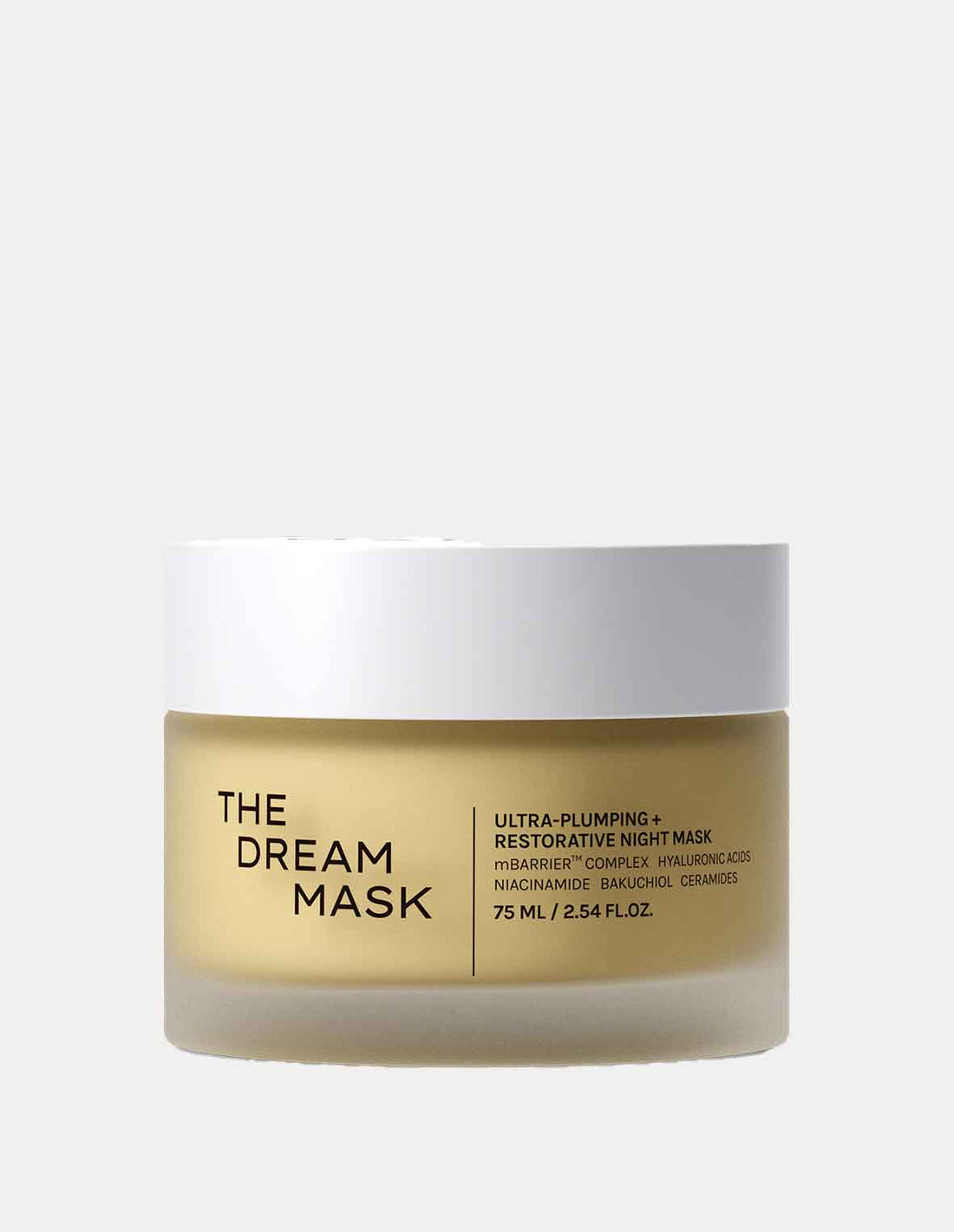 The Dream Mask - Face Mask
The Dream Mask - Face Mask- Regular price
-
CHF 78.00 - Regular price
-
- Sale price
-
CHF 78.00
-
Crème De Jour - Day Cream
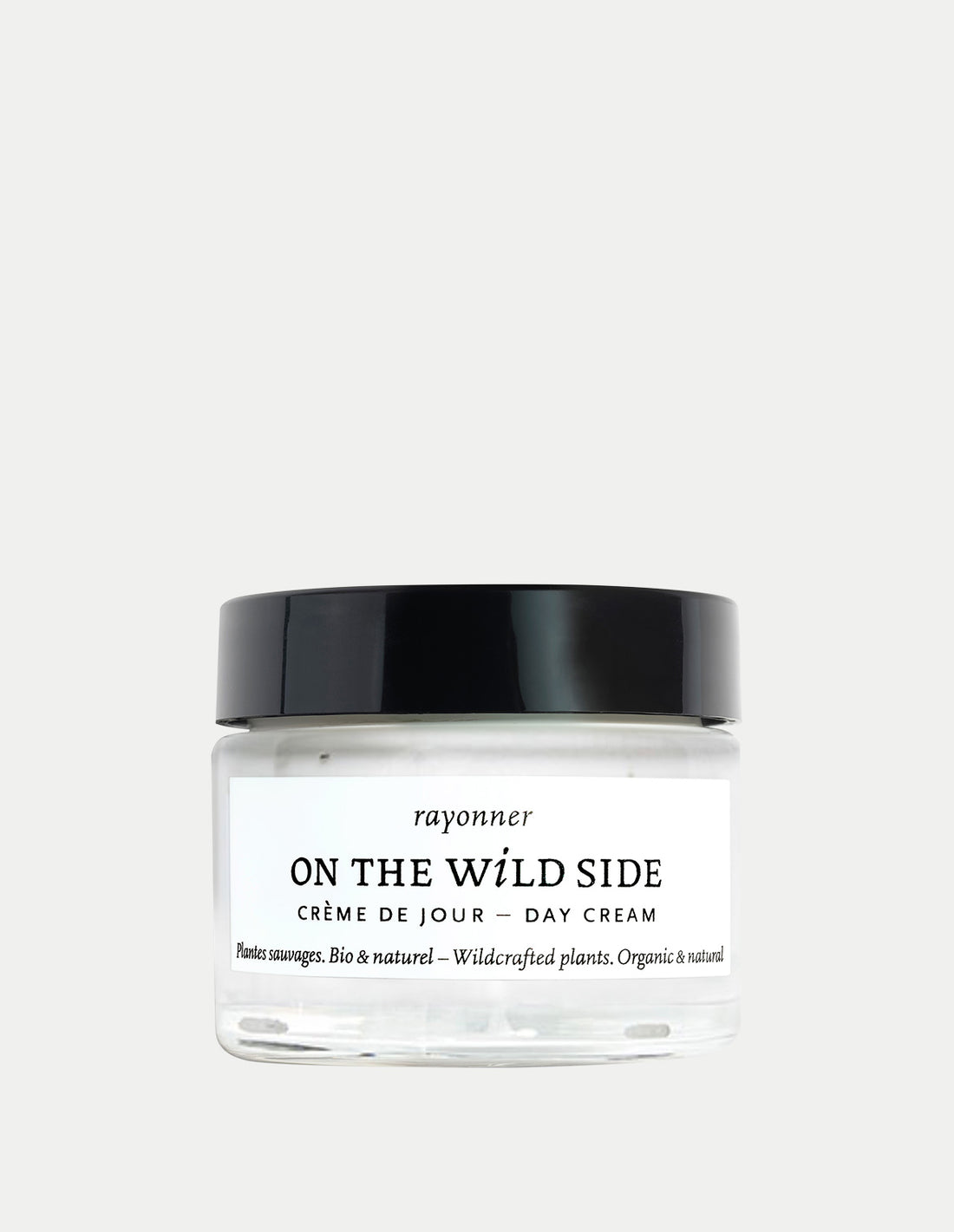 Crème De Jour - Day Cream
Crème De Jour - Day Cream- Regular price
-
CHF 23.00 - Regular price
-
CHF 46.00 - Sale price
-
CHF 23.00
-
Hyaluronic Face Serum
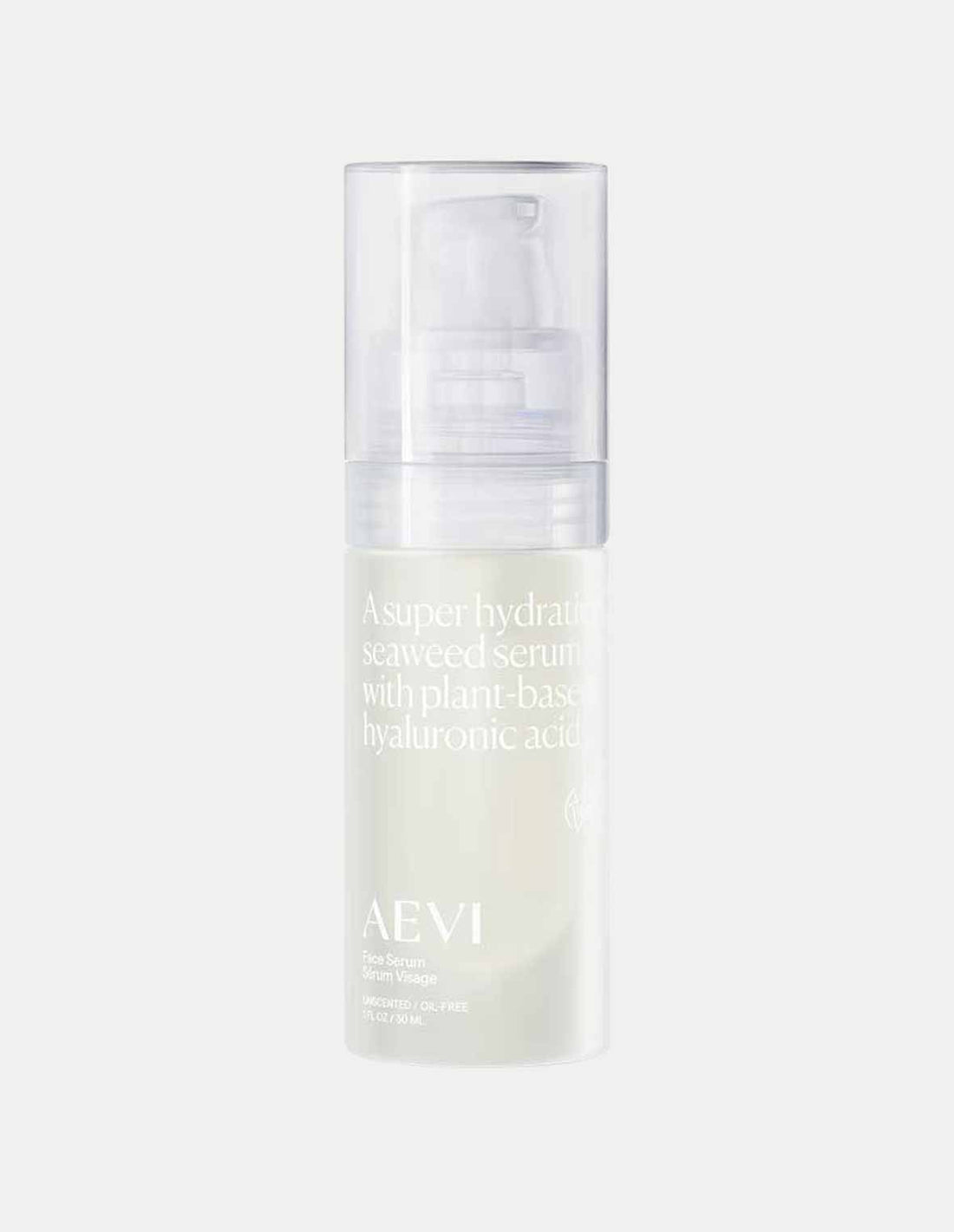 Hyaluronic Face Serum
Hyaluronic Face Serum- Regular price
-
CHF 92.00 - Regular price
-
- Sale price
-
CHF 92.00
Dry skin
Are certain areas of your face starting to feel tight and red while you wait? If you also have flaky patches and fine lines, and a pale, dull complexion, this is a sign of dry skin. Itching, tightness, flaking - dry skin can be uncomfortable. But stress and environmental influences can affect the skin's appearance. This is where proper care and a good routine are all the more important.
-
Anti-Age Day Cream SPF 20
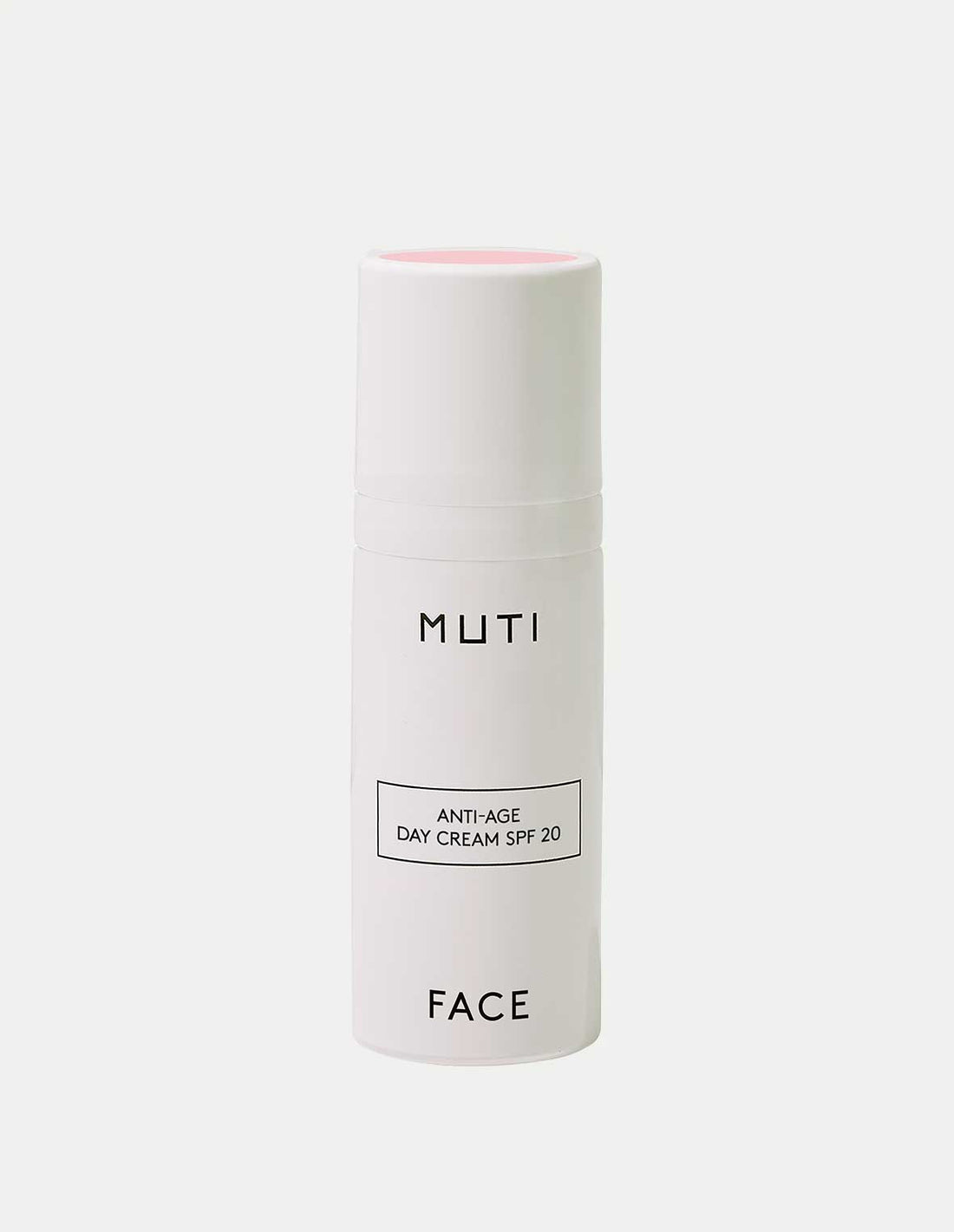 Anti-Age Day Cream SPF 20
Anti-Age Day Cream SPF 20- Regular price
-
CHF 39.00 - Regular price
-
- Sale price
-
CHF 39.00
-
Bio-Retinol + Vitamin C Booster
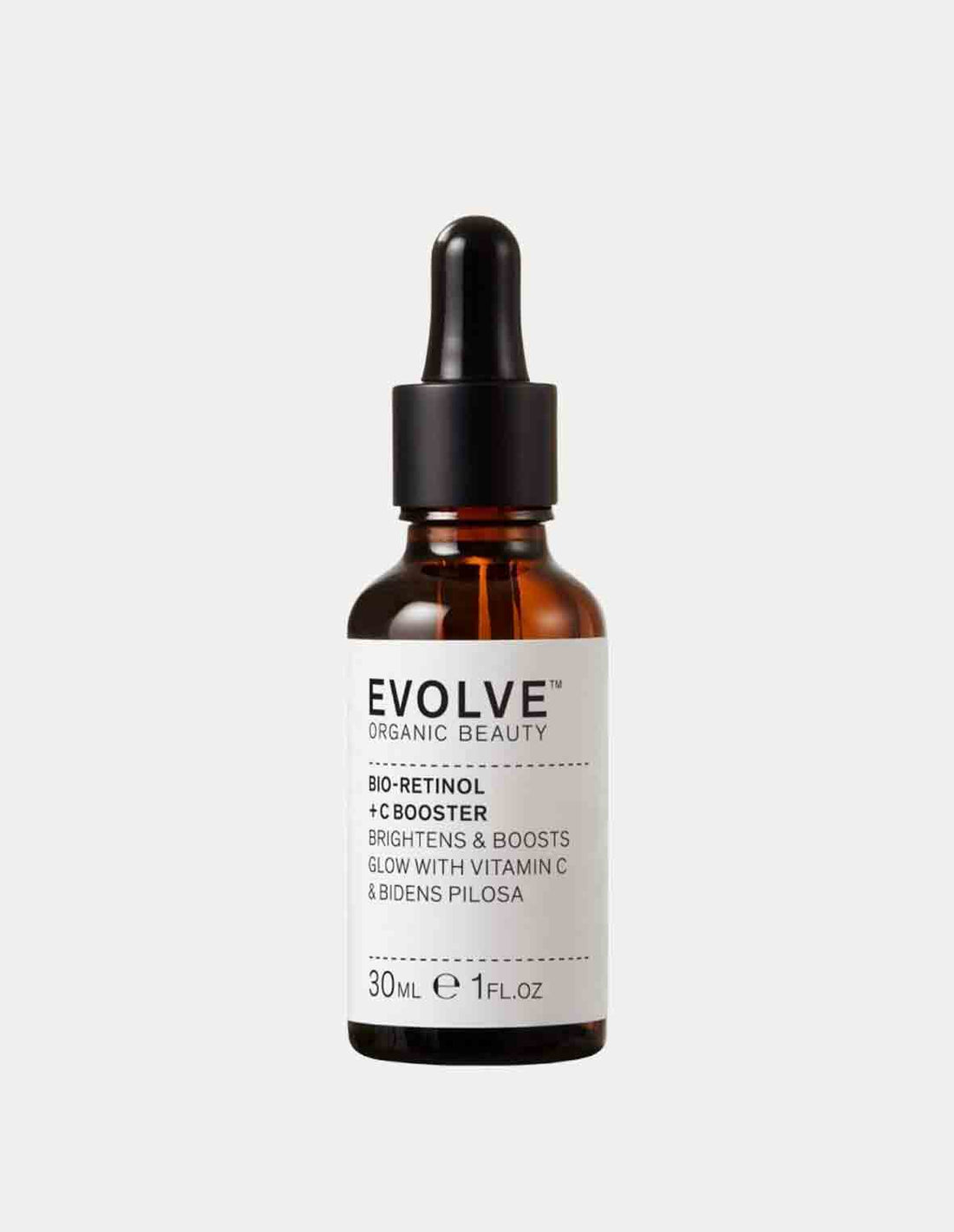 Bio-Retinol + Vitamin C Booster
Bio-Retinol + Vitamin C Booster- Regular price
-
CHF 52.00 - Regular price
-
- Sale price
-
CHF 52.00
-
The Eyes Smoother | Eye Cream
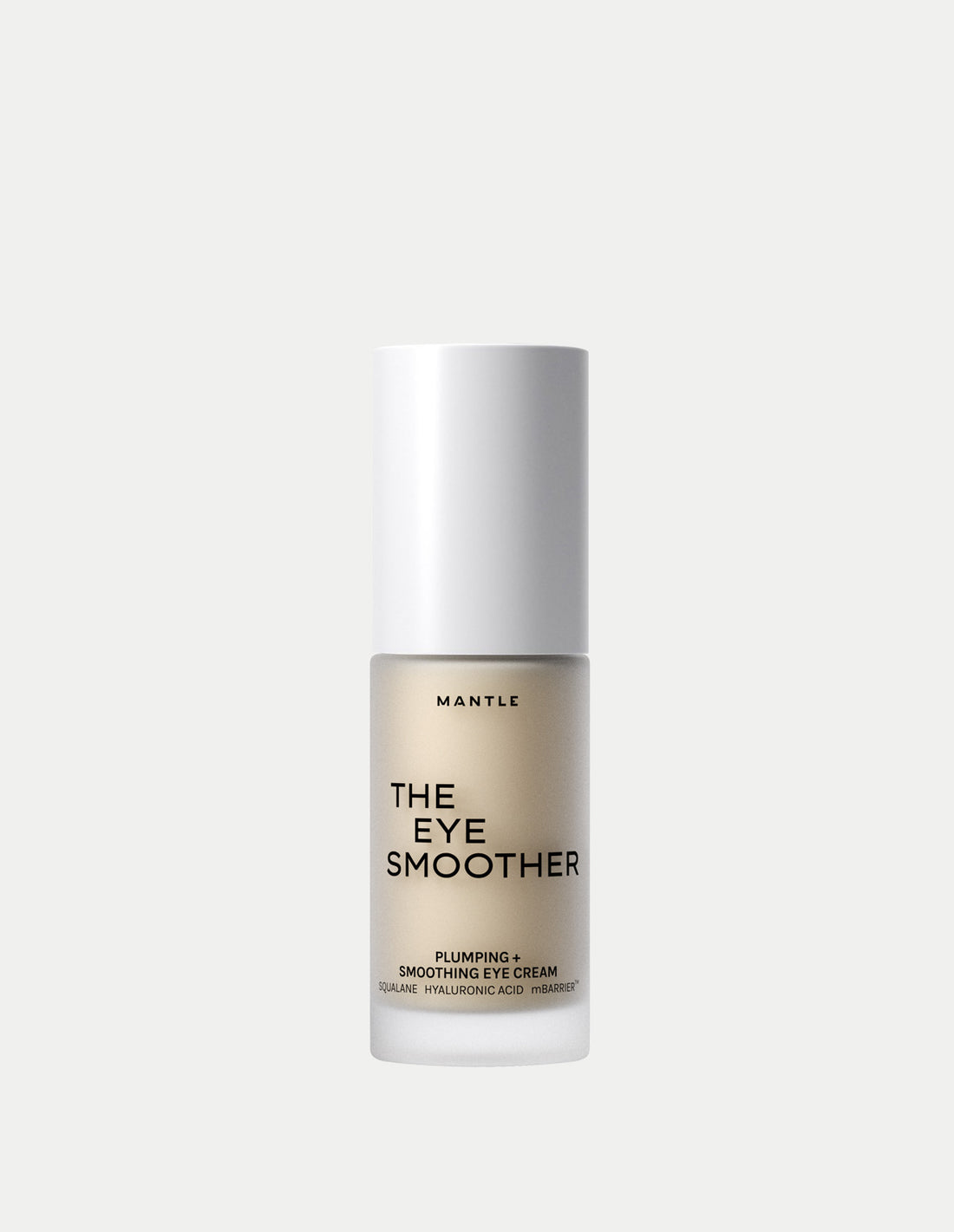 The Eyes Smoother | Eye Cream
The Eyes Smoother | Eye Cream- Regular price
-
CHF 52.00 - Regular price
-
- Sale price
-
CHF 52.00
-
The Rich Cream - Face Cream
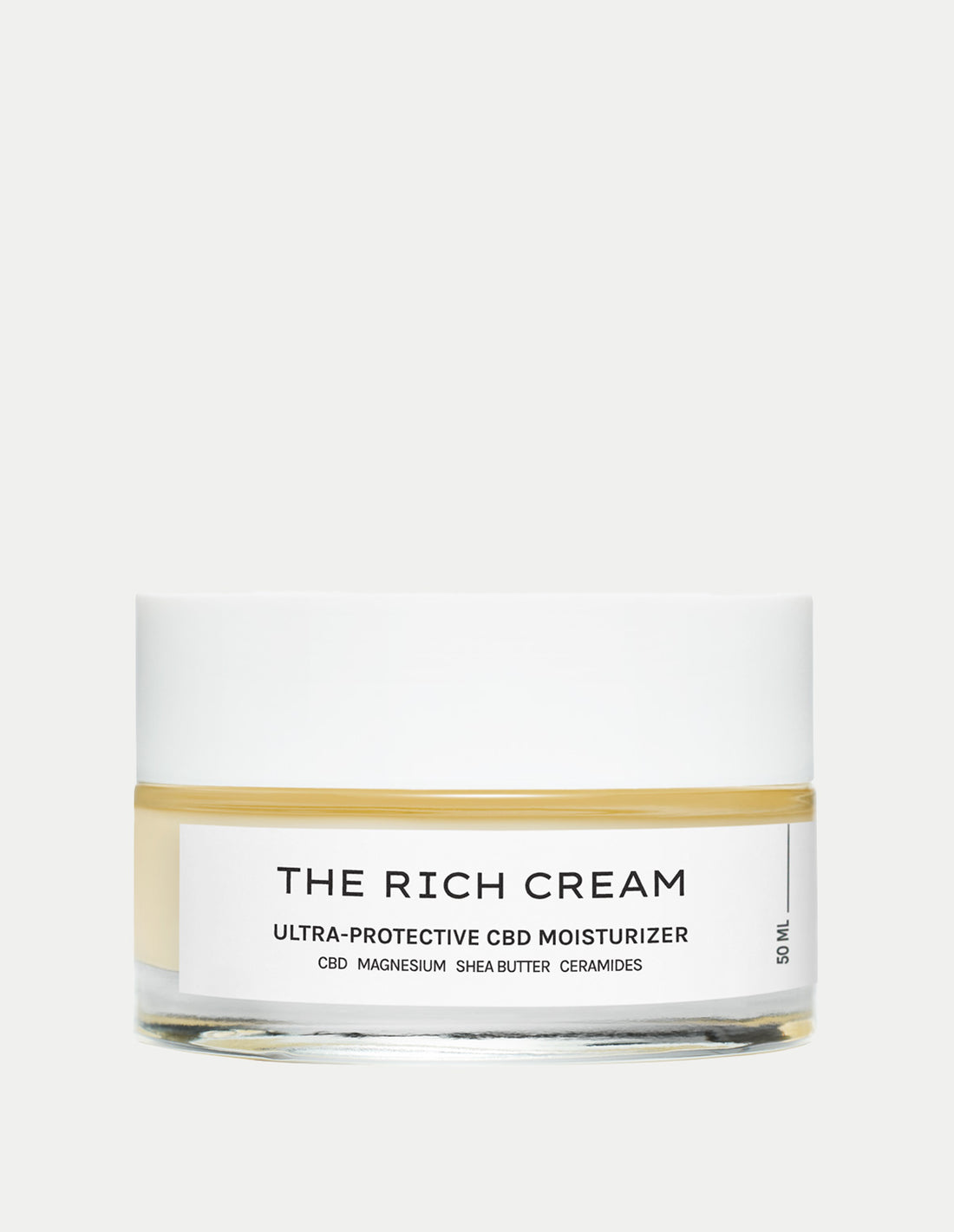 The Rich Cream - Face Cream
The Rich Cream - Face Cream- Regular price
-
CHF 68.00 - Regular price
-
- Sale price
-
CHF 68.00
-
"Kind To Skin" Soothing Facial Beauty Balm
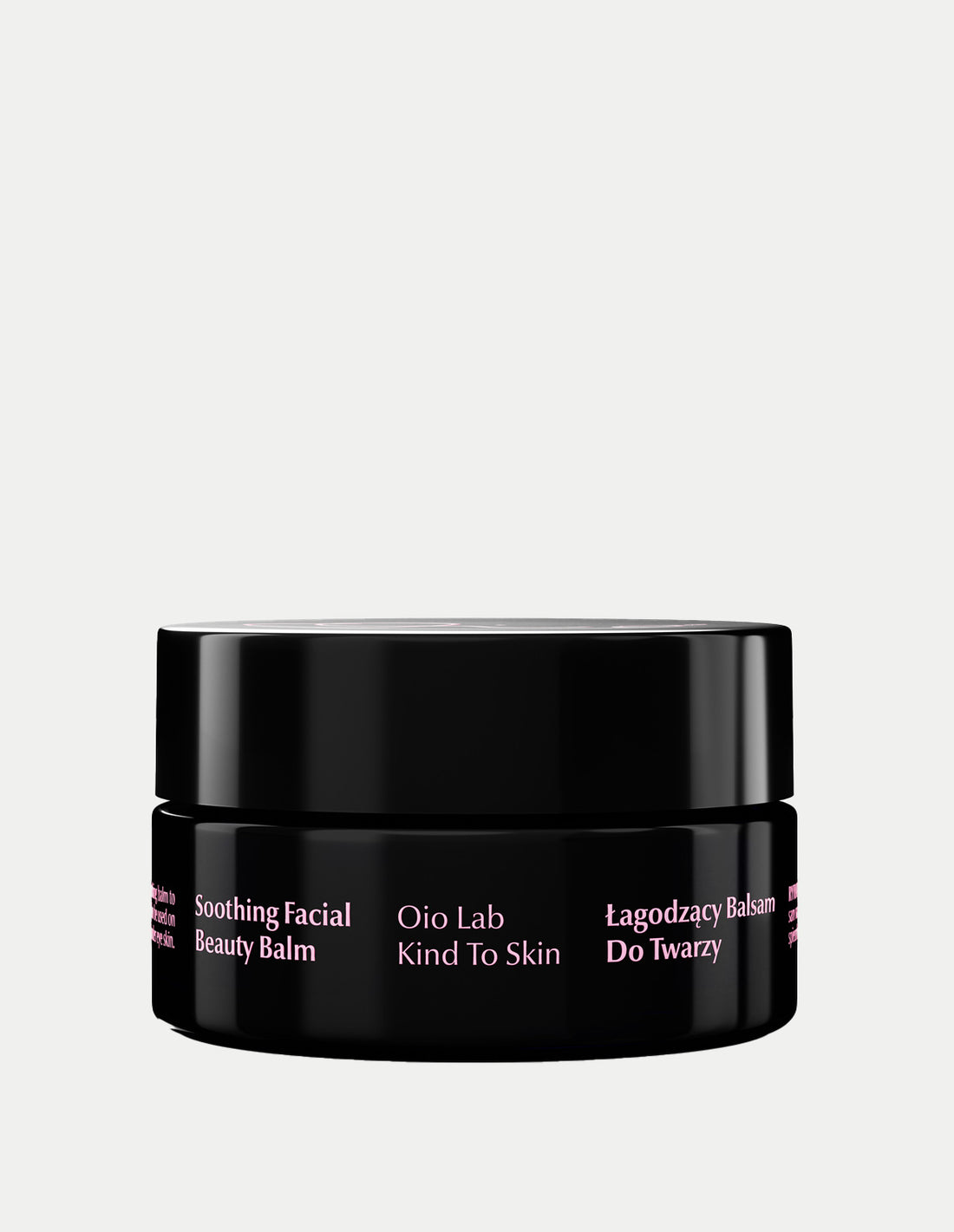 "Kind To Skin" Soothing Facial Beauty Balm
"Kind To Skin" Soothing Facial Beauty Balm- Regular price
-
CHF 49.00 - Regular price
-
- Sale price
-
CHF 49.00
-
"O-Mega Milk" Cleansing Facial Milk & Moisture Mask
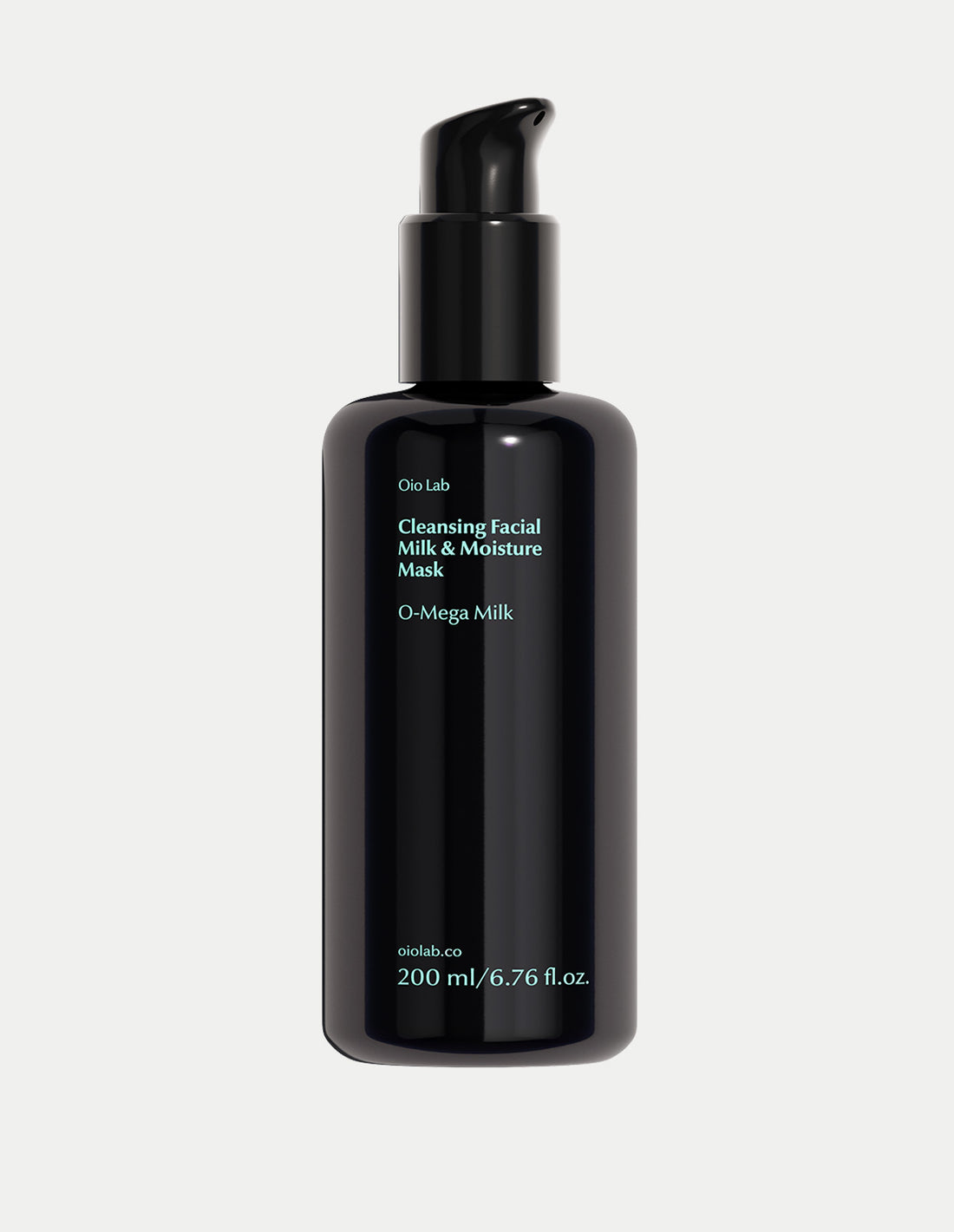 "O-Mega Milk" Cleansing Facial Milk & Moisture Mask
"O-Mega Milk" Cleansing Facial Milk & Moisture Mask- Regular price
-
CHF 59.00 - Regular price
-
- Sale price
-
CHF 59.00
-
Time Will Tell | Well-Aging Serum
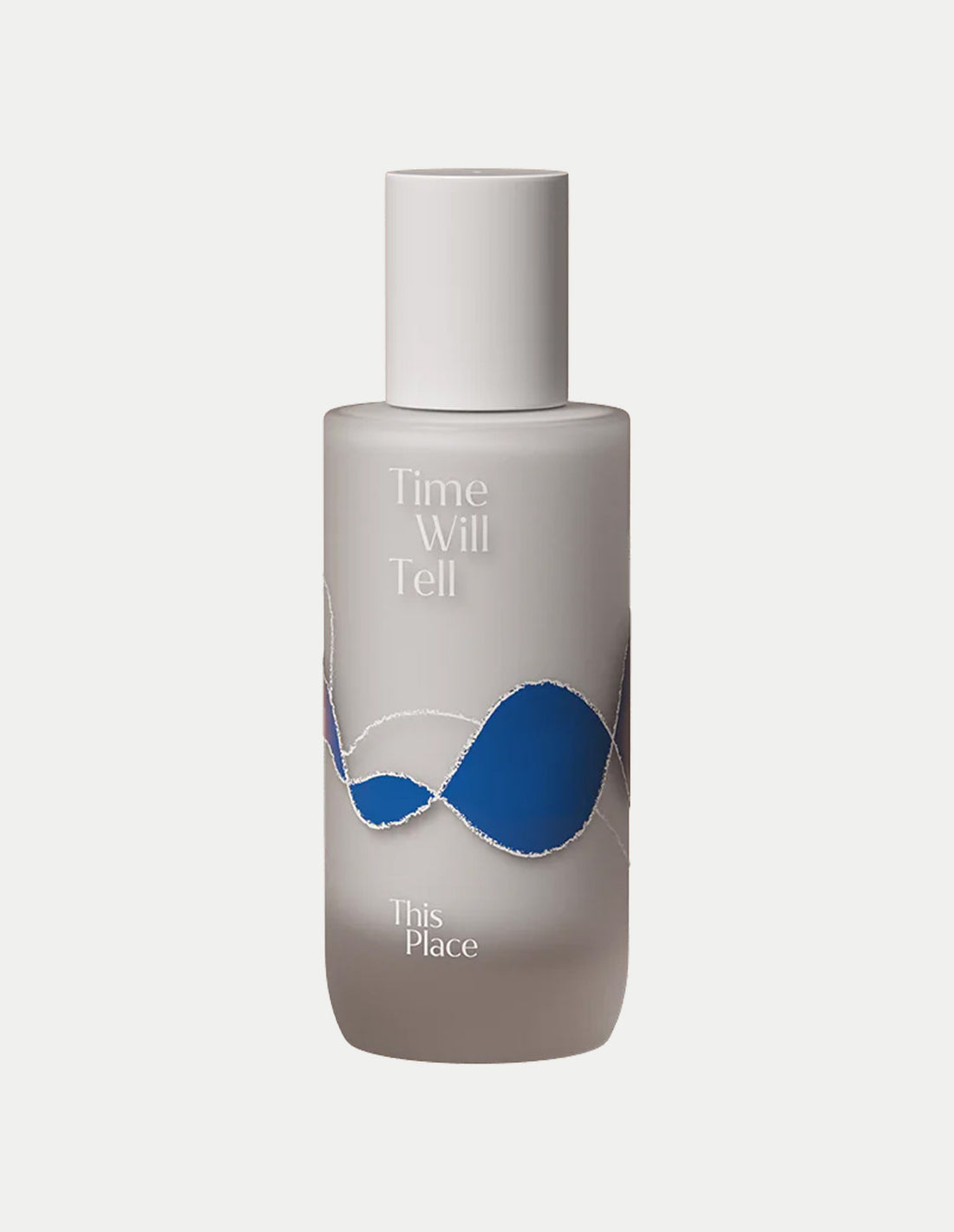 Time Will Tell | Well-Aging Serum
Time Will Tell | Well-Aging Serum- Regular price
-
CHF 78.00 - Regular price
-
- Sale price
-
CHF 78.00
Oily, impure skin / Acne
Does your face have an oily shine and numerous blemishes or spots? Then you tend to have oily, impure skin. Your pores are usually enlarged and clearly visible. With the right skin care, you can specifically combat skin imperfections and effectively prevent the development of new pimples and acne. It's important to choose products specifically tailored to the needs of oily skin to improve your skin's appearance in the long term.
-
The Glow | Revitalizing Face Cream
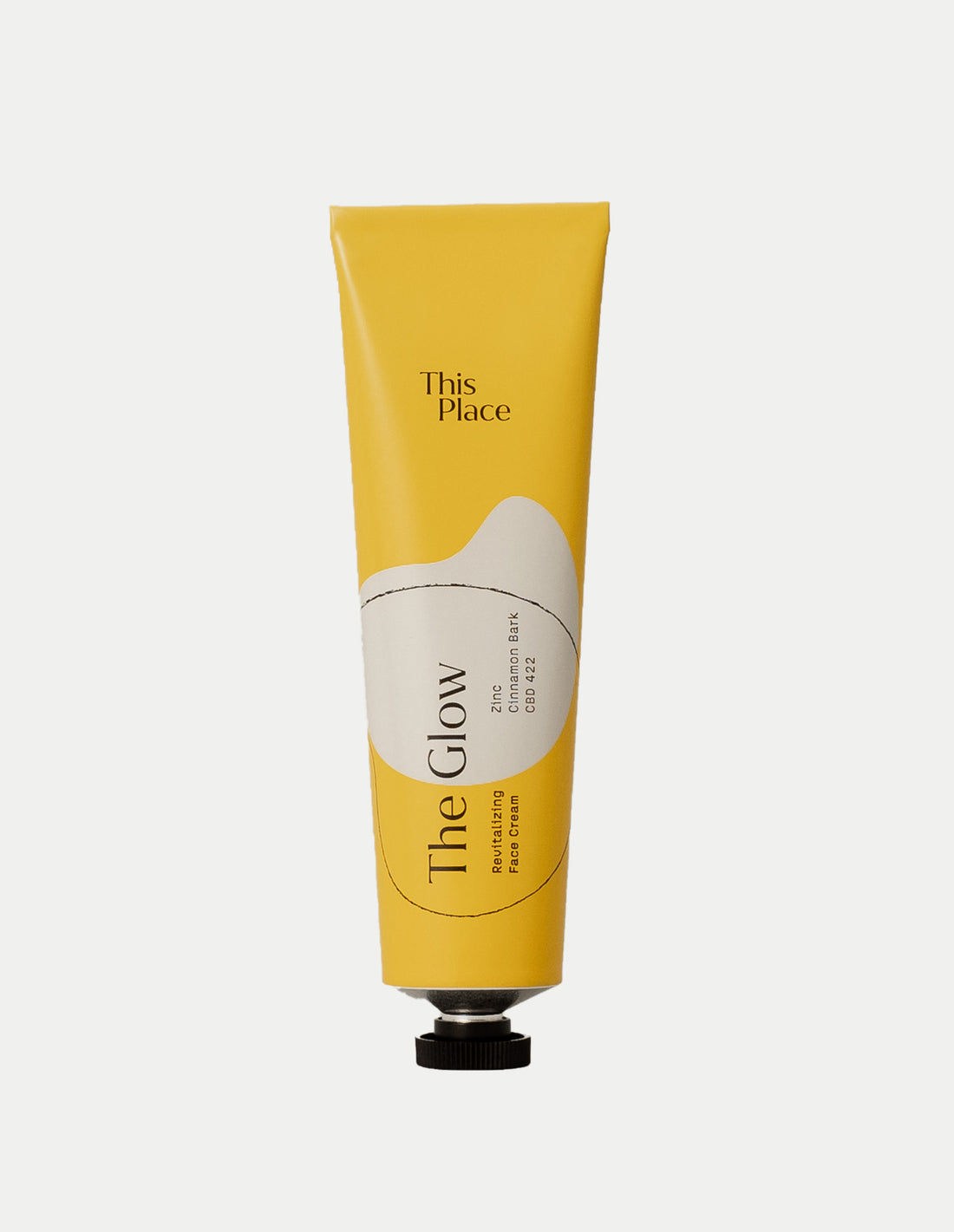 The Glow | Revitalizing Face Cream
The Glow | Revitalizing Face Cream- Regular price
-
CHF 46.00 - Regular price
-
- Sale price
-
CHF 46.00
-
The Ex - Facial Peeling
 The Ex - Facial Peeling
The Ex - Facial Peeling- Regular price
-
CHF 52.00 - Regular price
-
- Sale price
-
CHF 52.00
-
Niacinamide Treatment Essence
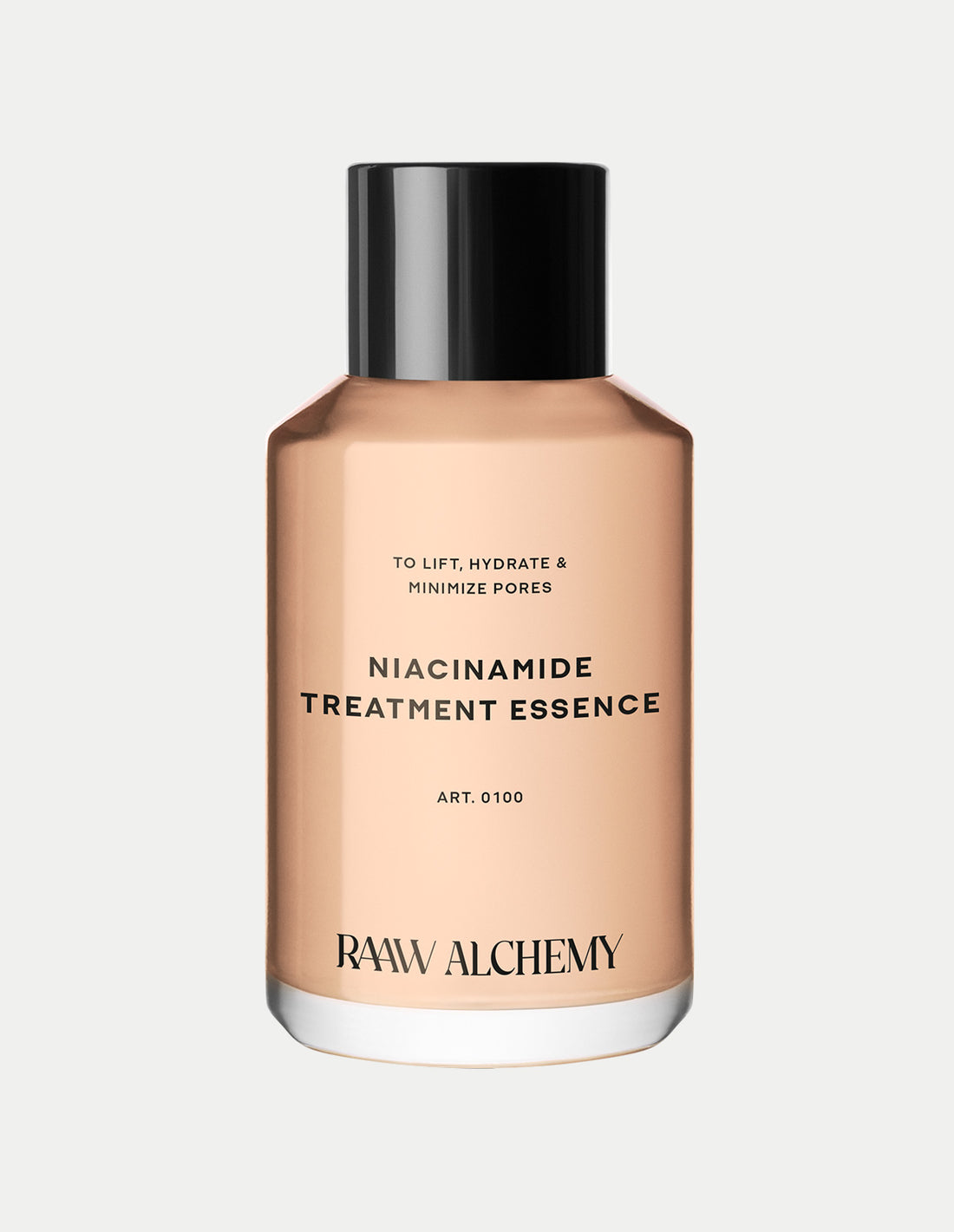 Niacinamide Treatment Essence
Niacinamide Treatment Essence- Regular price
-
CHF 54.00 - Regular price
-
- Sale price
-
CHF 54.00
-
Radiant Glow 2-in-1 Peeling Mask
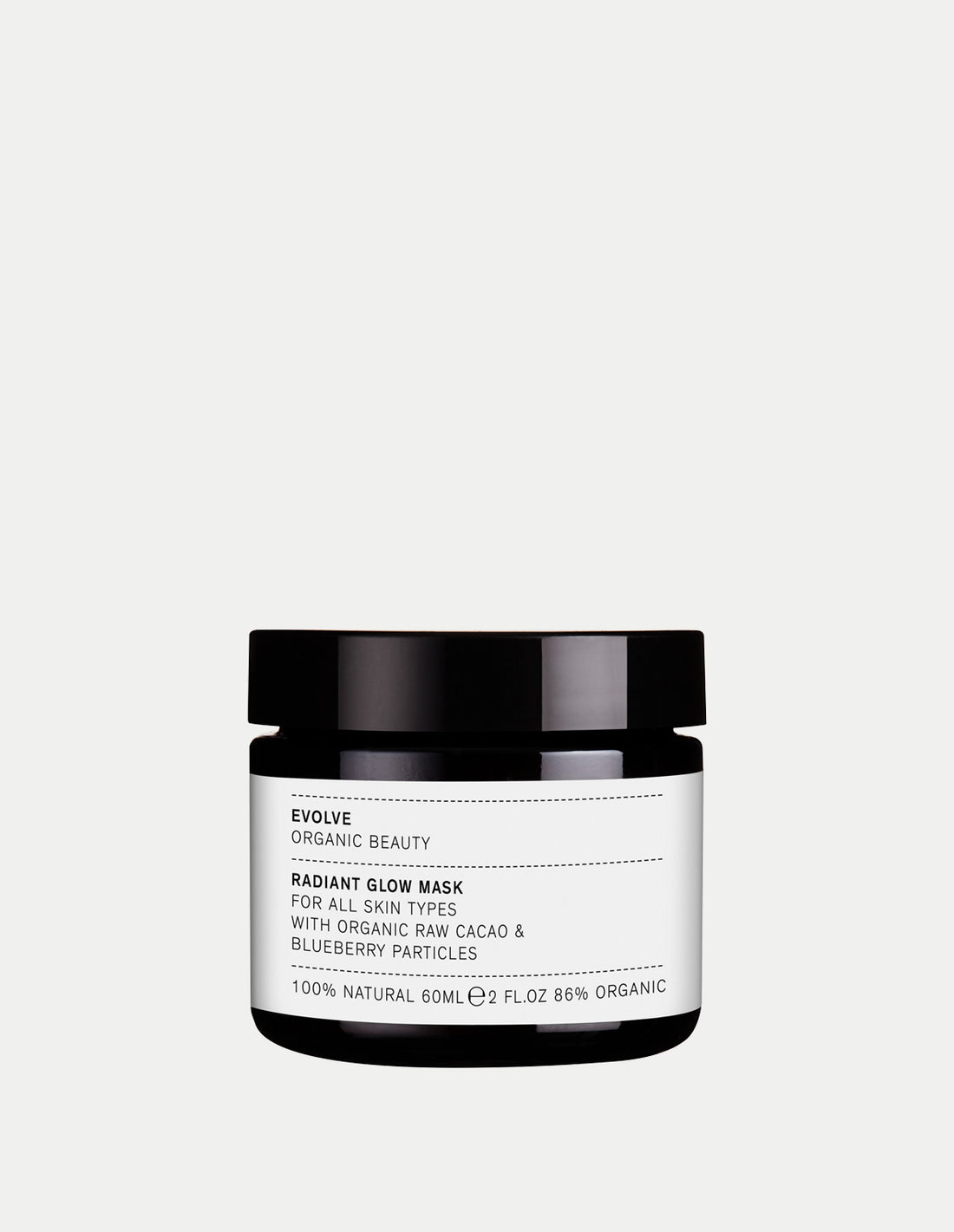 Radiant Glow 2-in-1 Peeling Mask
Radiant Glow 2-in-1 Peeling Mask- Regular price
-
CHF 32.00 - Regular price
-
- Sale price
-
CHF 32.00
-
Phytothérapie De Bardane | Anti-Acne Therapy
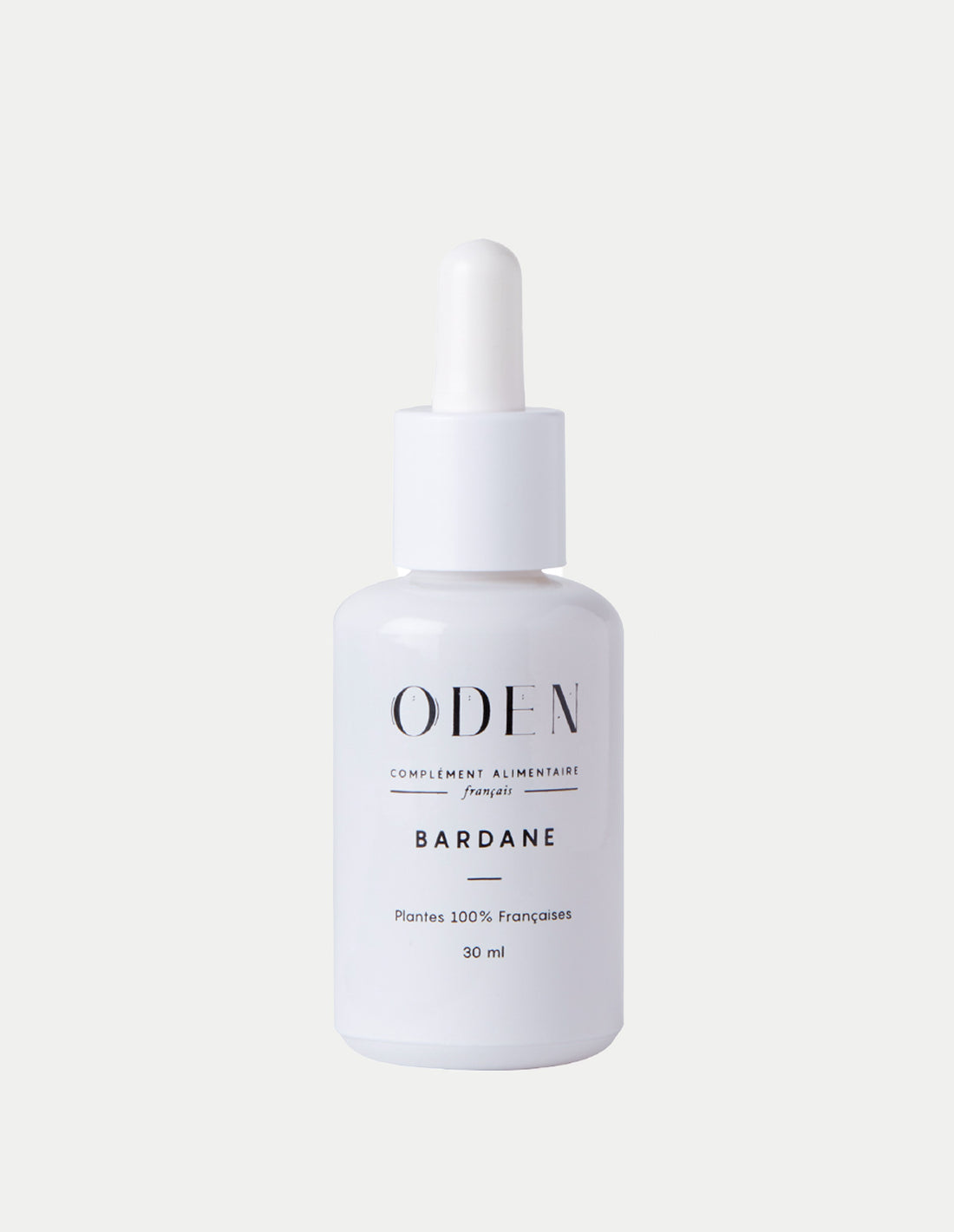 Phytothérapie De Bardane | Anti-Acne Therapy
Phytothérapie De Bardane | Anti-Acne Therapy- Regular price
-
CHF 24.00 - Regular price
-
- Sale price
-
CHF 24.00
-
The Face Jelly | Super-Hydrating Gel Moisturiser
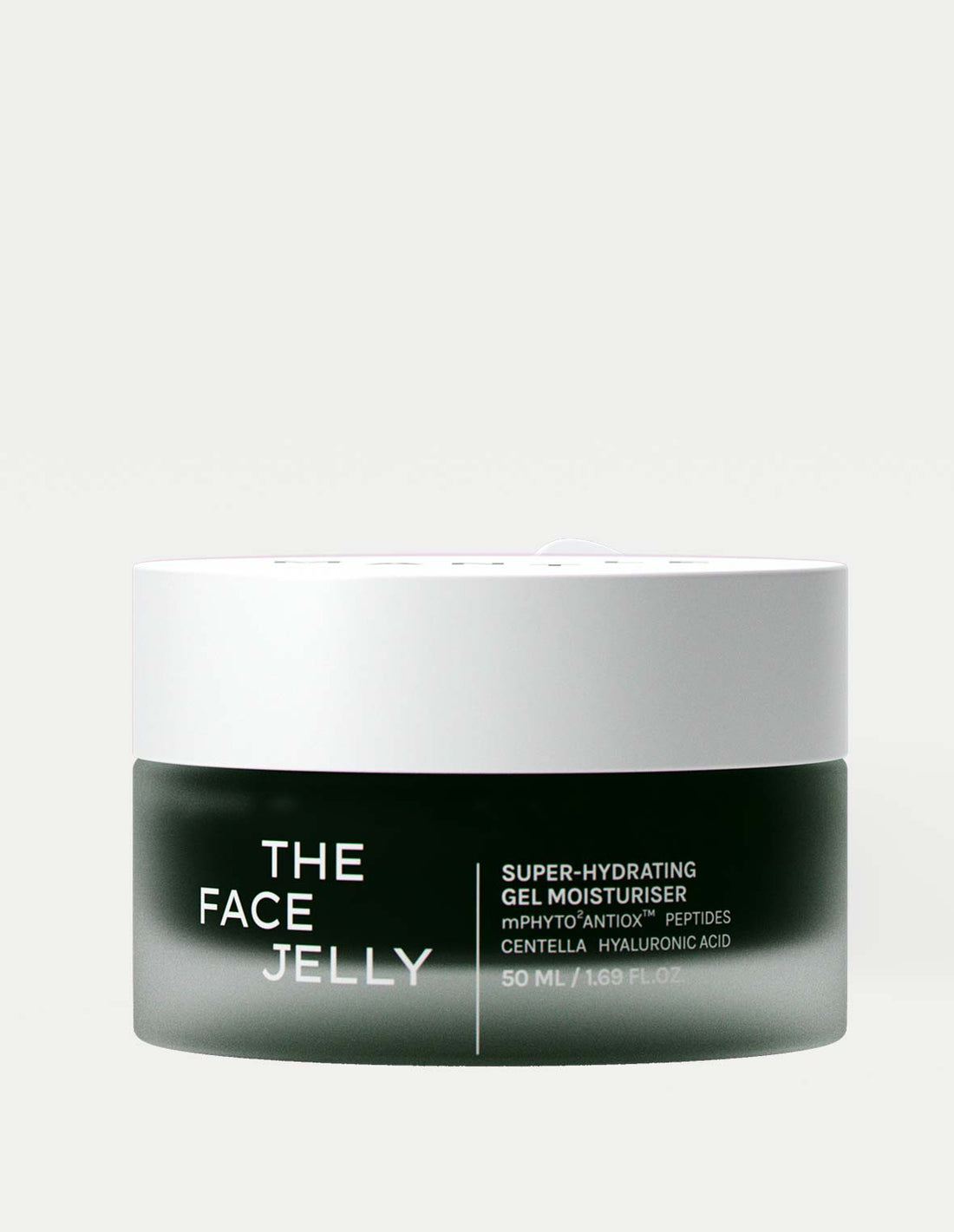 The Face Jelly | Super-Hydrating Gel Moisturiser
The Face Jelly | Super-Hydrating Gel Moisturiser- Regular price
-
CHF 68.00 - Regular price
-
- Sale price
-
CHF 68.00
-
Anti-Age Night Cream
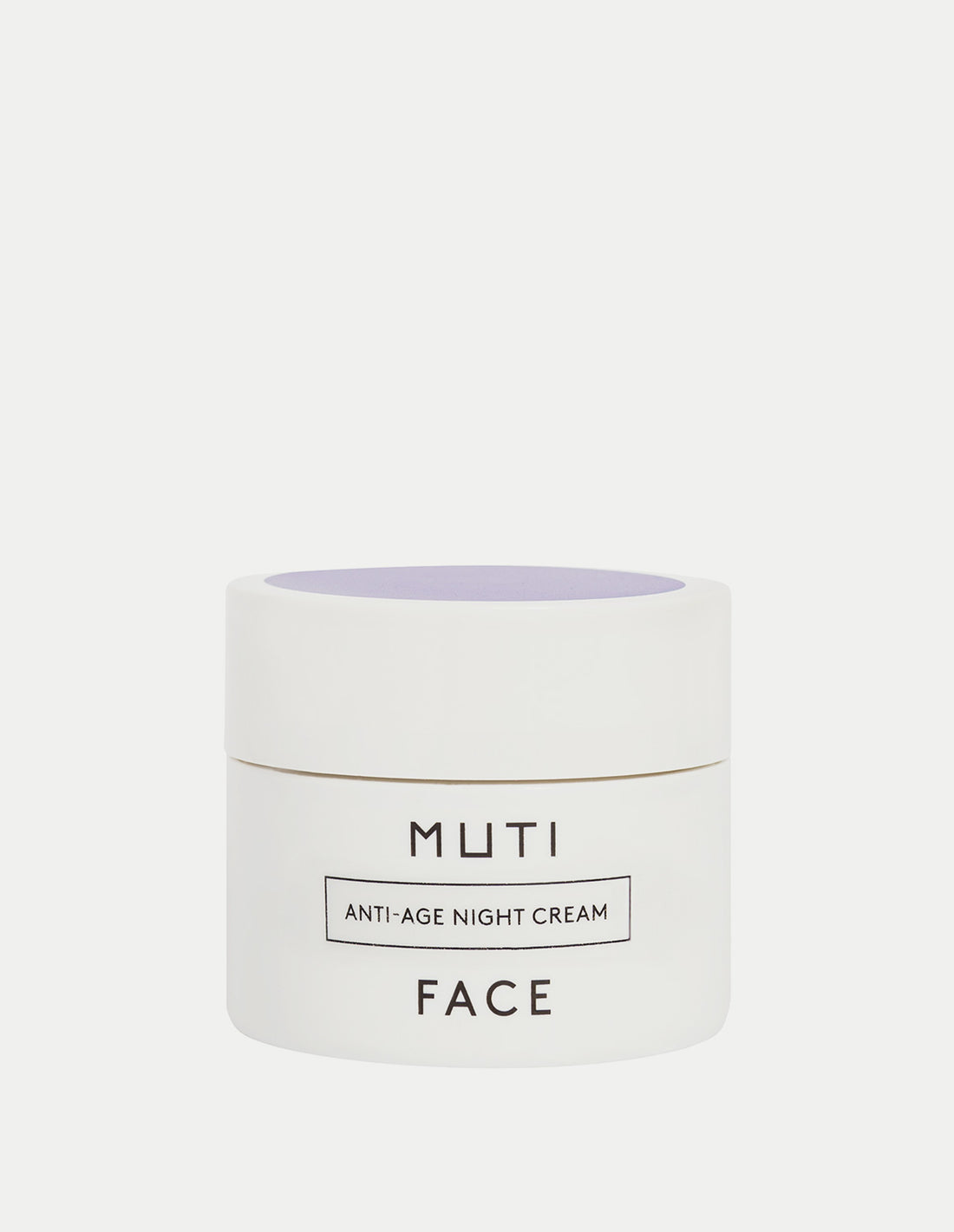 Anti-Age Night Cream
Anti-Age Night Cream- Regular price
-
CHF 46.00 - Regular price
-
- Sale price
-
CHF 46.00
Combination skin
Does the T-zone on your forehead, nose, and chin appear slightly oily and have large pores, while your cheeks and eye area feel tight or reddened due to dryness? These are typical characteristics of combination skin. This type of skin has different needs, which is why customized care is important. Certain skincare ingredients can help optimally care for your combination skin and address both oily and dry areas.
-
Anti-Age Sunscreen SPF 50
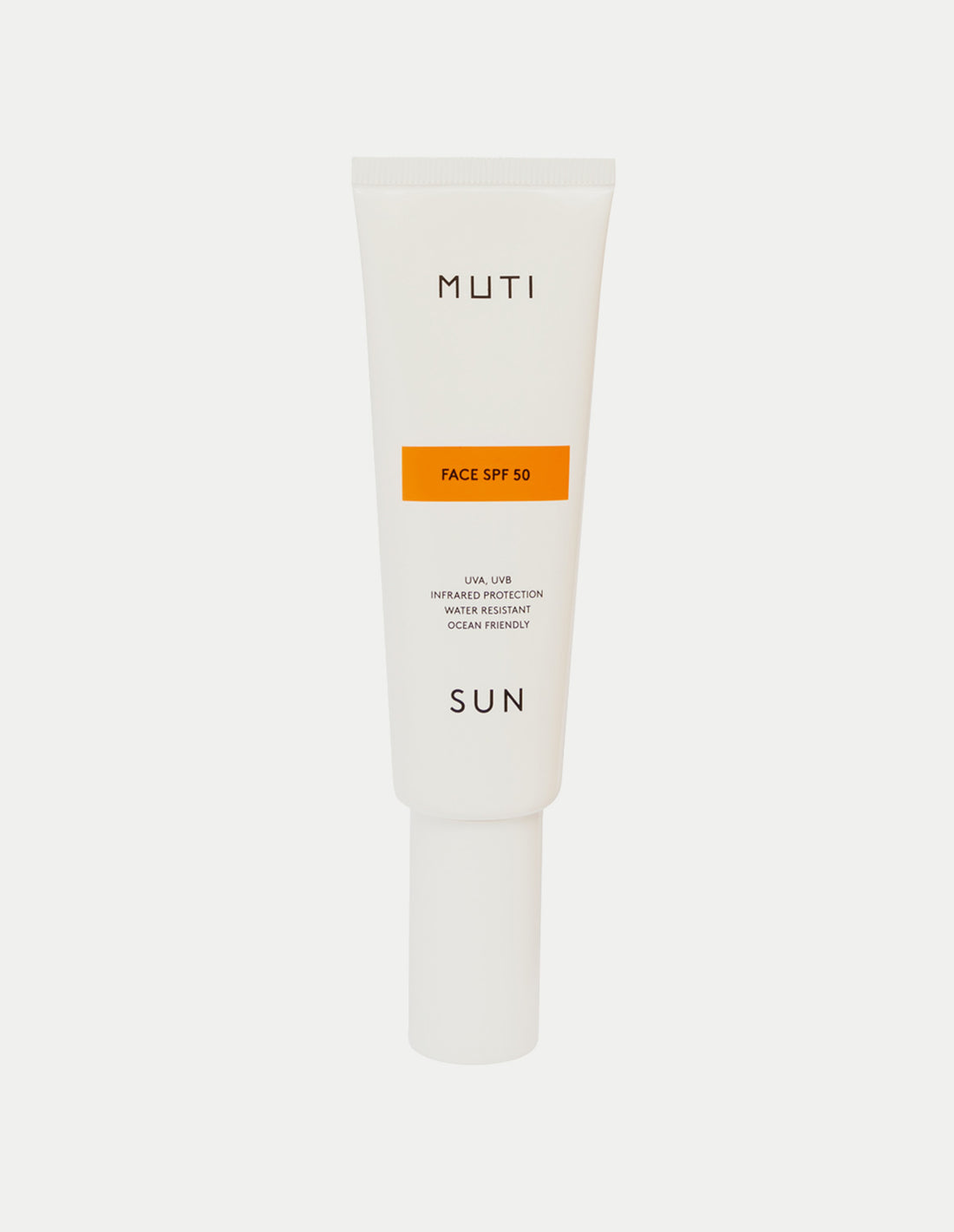 Anti-Age Sunscreen SPF 50
Anti-Age Sunscreen SPF 50- Regular price
-
CHF 34.00 - Regular price
-
- Sale price
-
CHF 34.00
-
The Glow | Revitalizing Face Cream
 The Glow | Revitalizing Face Cream
The Glow | Revitalizing Face Cream- Regular price
-
CHF 46.00 - Regular price
-
- Sale price
-
CHF 46.00
-
"Supercharged Glow" Face Serum
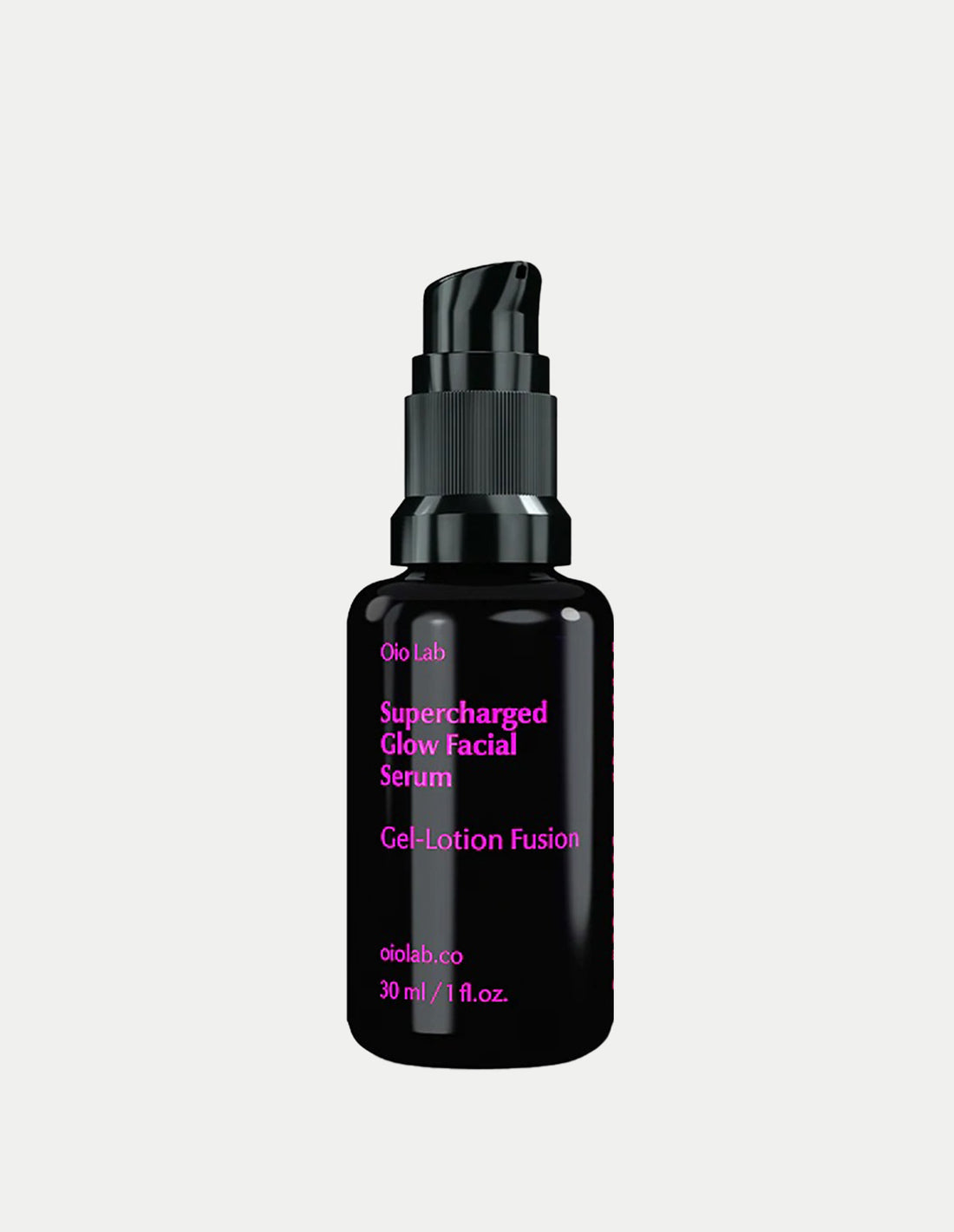 "Supercharged Glow" Face Serum
"Supercharged Glow" Face Serum- Regular price
-
CHF 49.00 - Regular price
-
- Sale price
-
CHF 49.00
-
The Morning Glow | Revitalizing Facial Oil
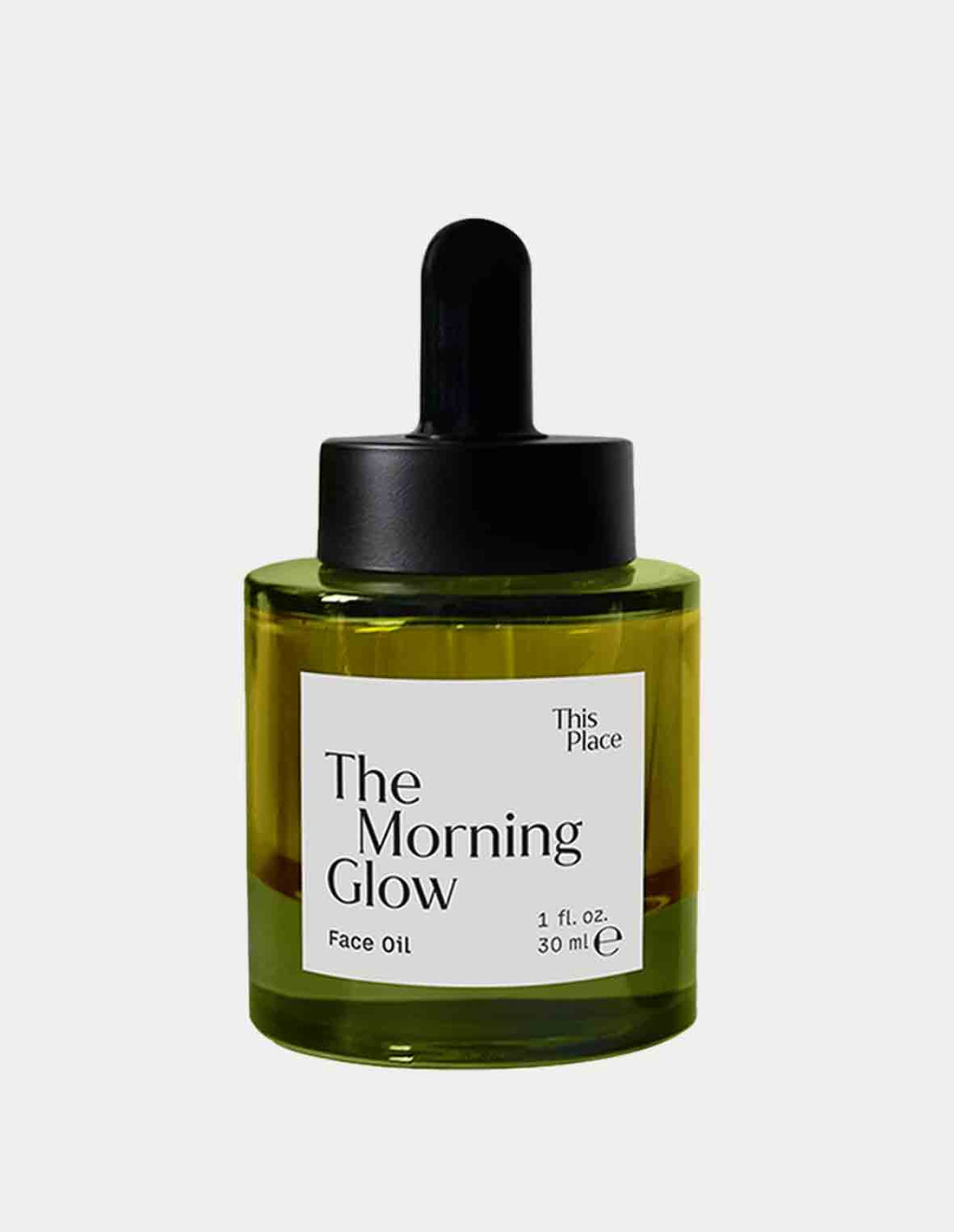 The Morning Glow | Revitalizing Facial Oil
The Morning Glow | Revitalizing Facial Oil- Regular price
-
CHF 56.00 - Regular price
-
- Sale price
-
CHF 56.00
-
Anti-Age Day Cream SPF 20
 Anti-Age Day Cream SPF 20
Anti-Age Day Cream SPF 20- Regular price
-
CHF 39.00 - Regular price
-
- Sale price
-
CHF 39.00
-
Cream Deodorant "Vetiver Geranium"
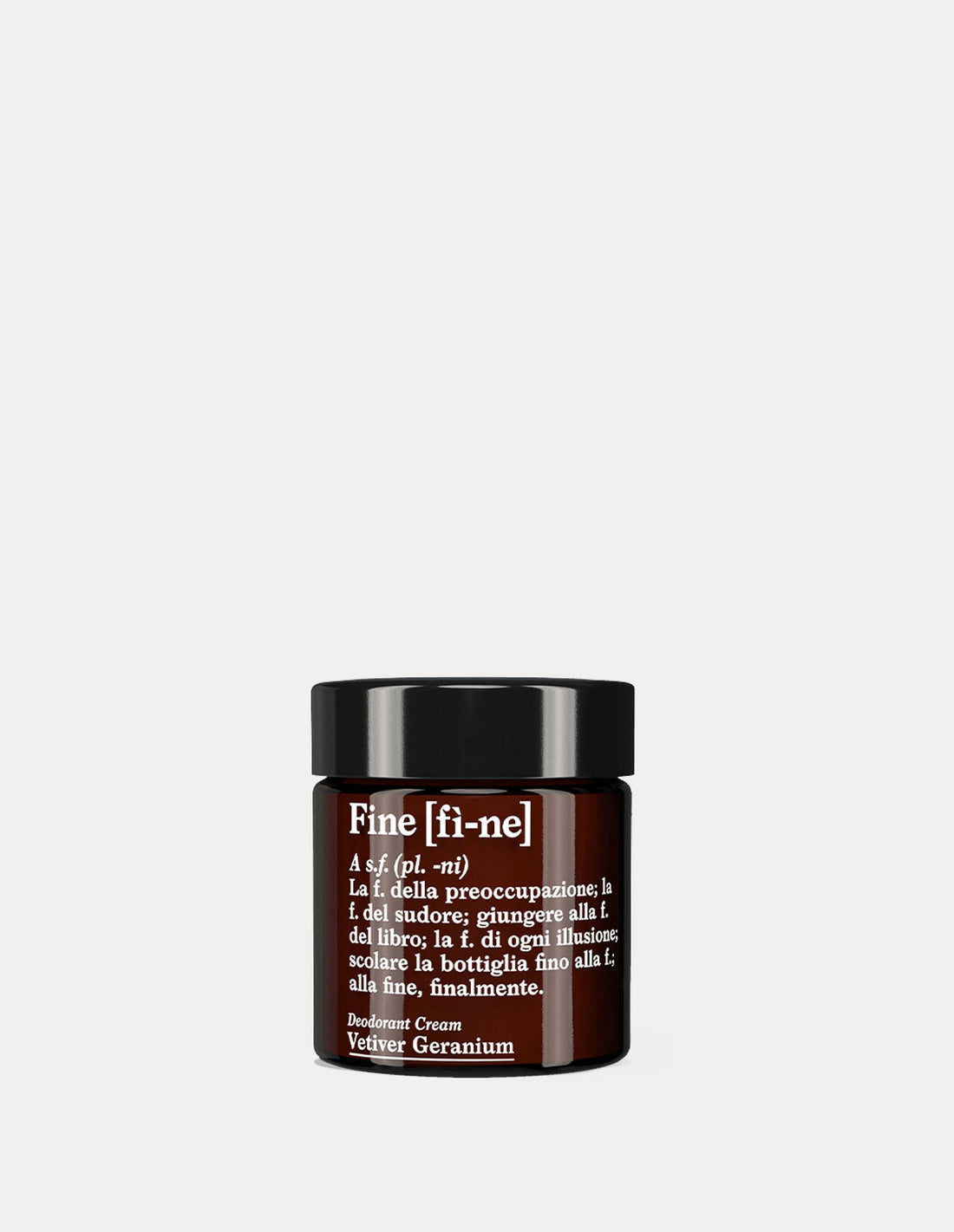 Cream Deodorant "Vetiver Geranium"
Cream Deodorant "Vetiver Geranium"- Regular price
-
CHF 26.00 - Regular price
-
- Sale price
-
CHF 26.00
Mature skin
Do you have fine lines and wrinkles around your eyes, mouth, and forehead? Is your skin dry, brittle, with altered pigmentation, or visible veins? Your skin lacks elasticity and tone – this indicates mature skin. The aging process begins at age 30, as the production of collagen, elastin, and hyaluronic acid declines. The skin increasingly loses tone, elasticity, and structure and requires targeted care to compensate for these changes.
-
Camellia Ultra Rich Hydrating Floral Water Cream
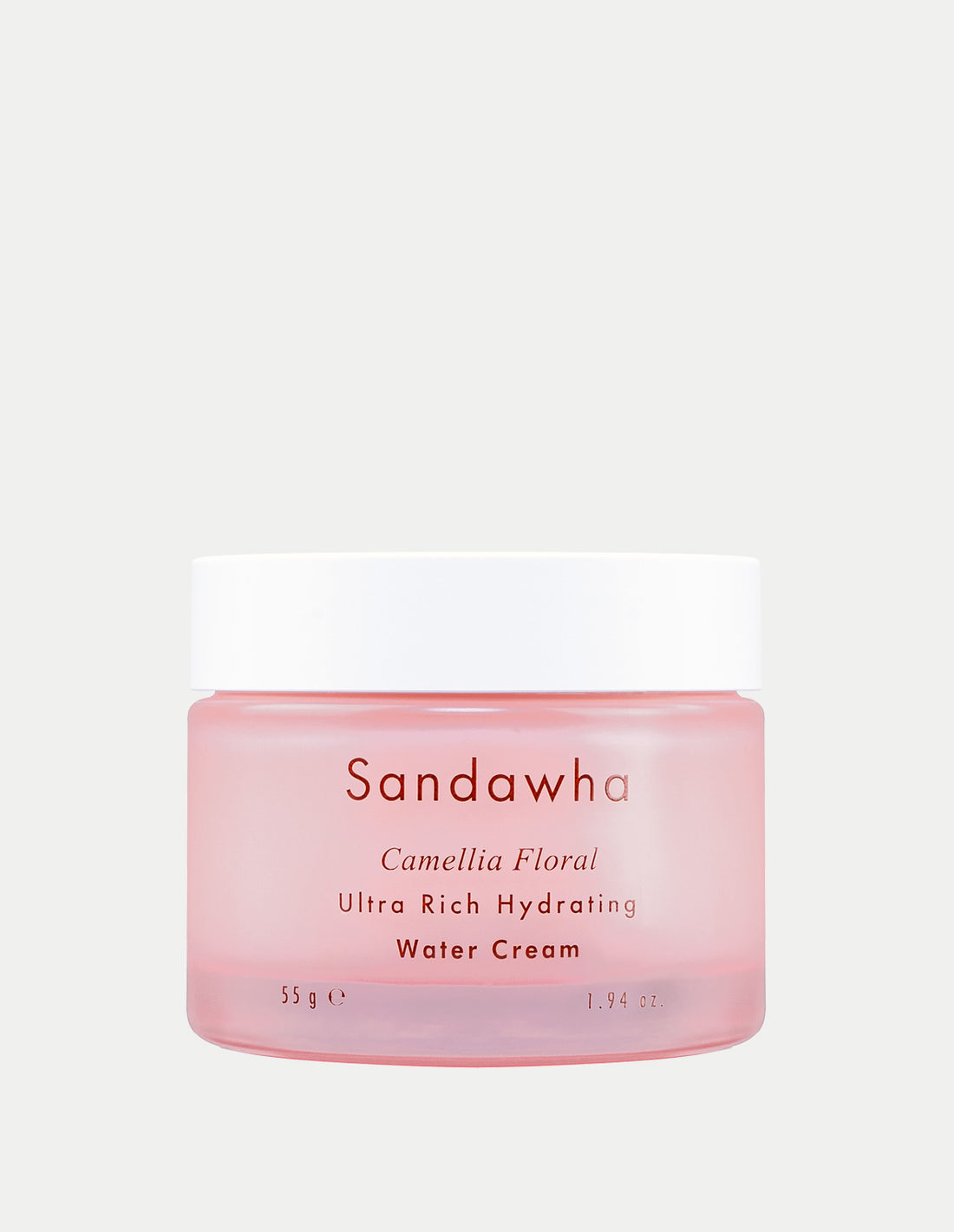 Camellia Ultra Rich Hydrating Floral Water Cream
Camellia Ultra Rich Hydrating Floral Water Cream- Regular price
-
CHF 45.00 - Regular price
-
- Sale price
-
CHF 45.00
-
Anti-Age Night Cream PLUS
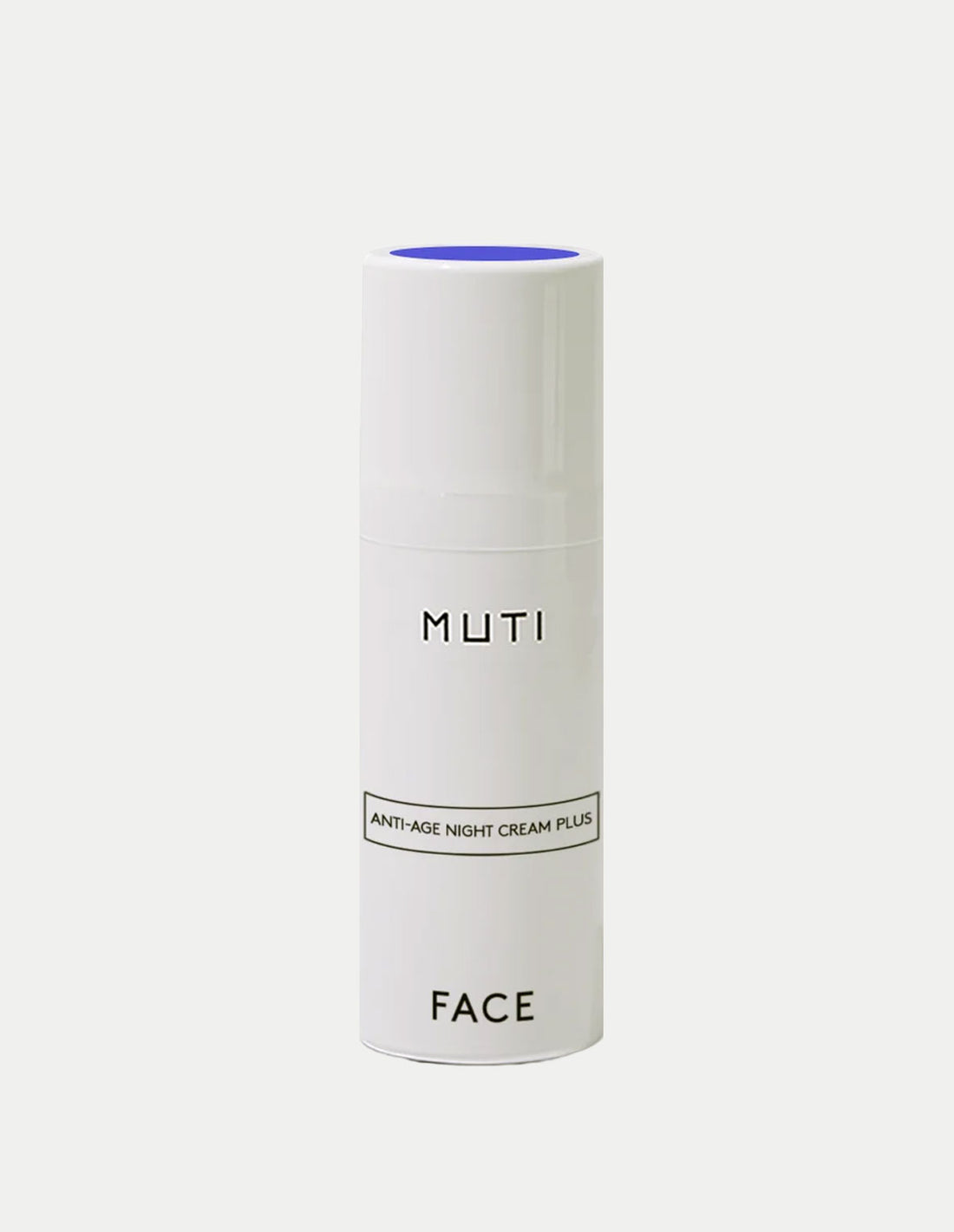 Anti-Age Night Cream PLUS
Anti-Age Night Cream PLUS- Regular price
-
CHF 59.00 - Regular price
-
- Sale price
-
CHF 59.00
-
"Aquasphere" Serum
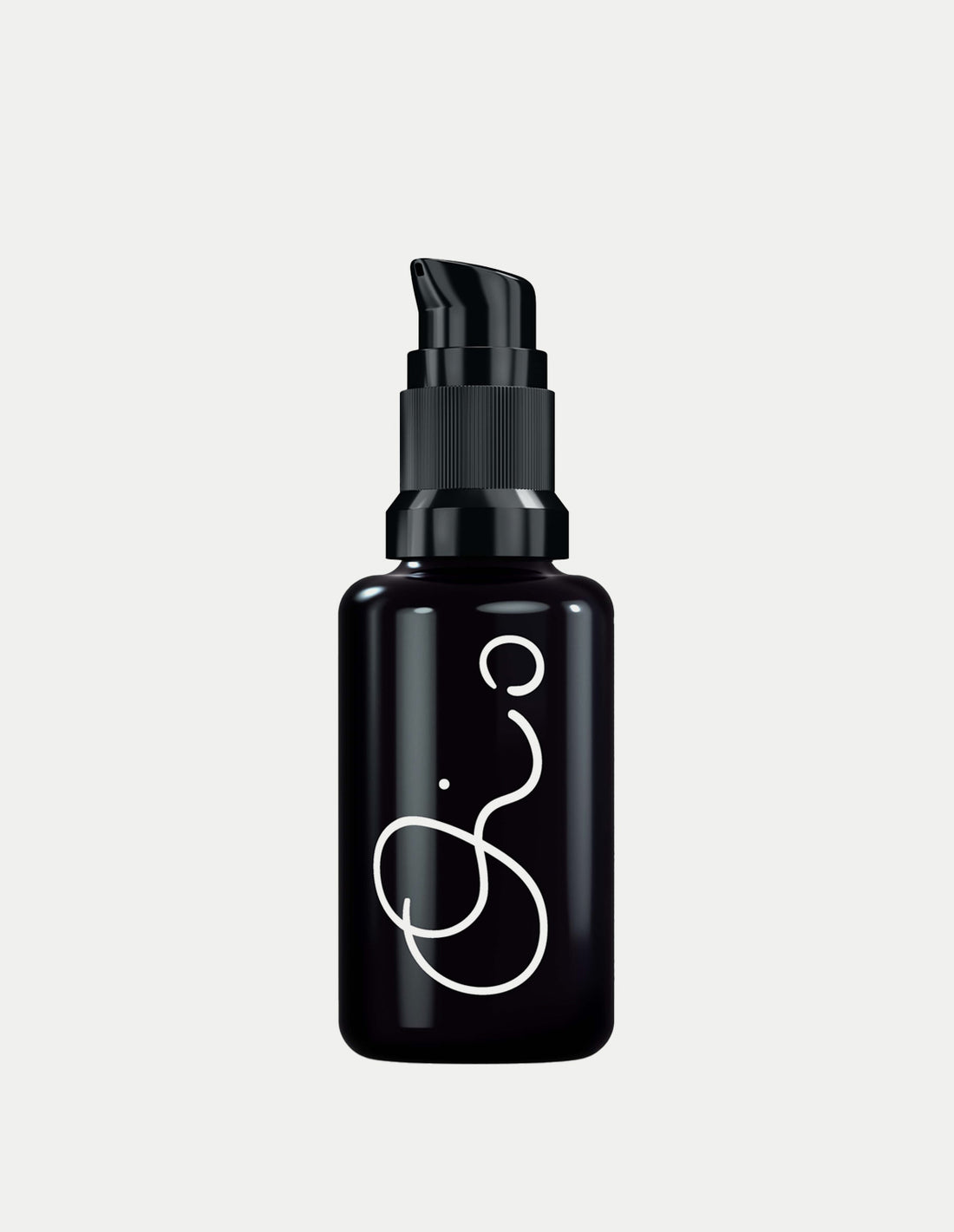 "Aquasphere" Serum
"Aquasphere" Serum- Regular price
-
CHF 24.50 - Regular price
-
CHF 49.00 - Sale price
-
CHF 24.50
-
Anti-Aging Hand Cream + SPF20
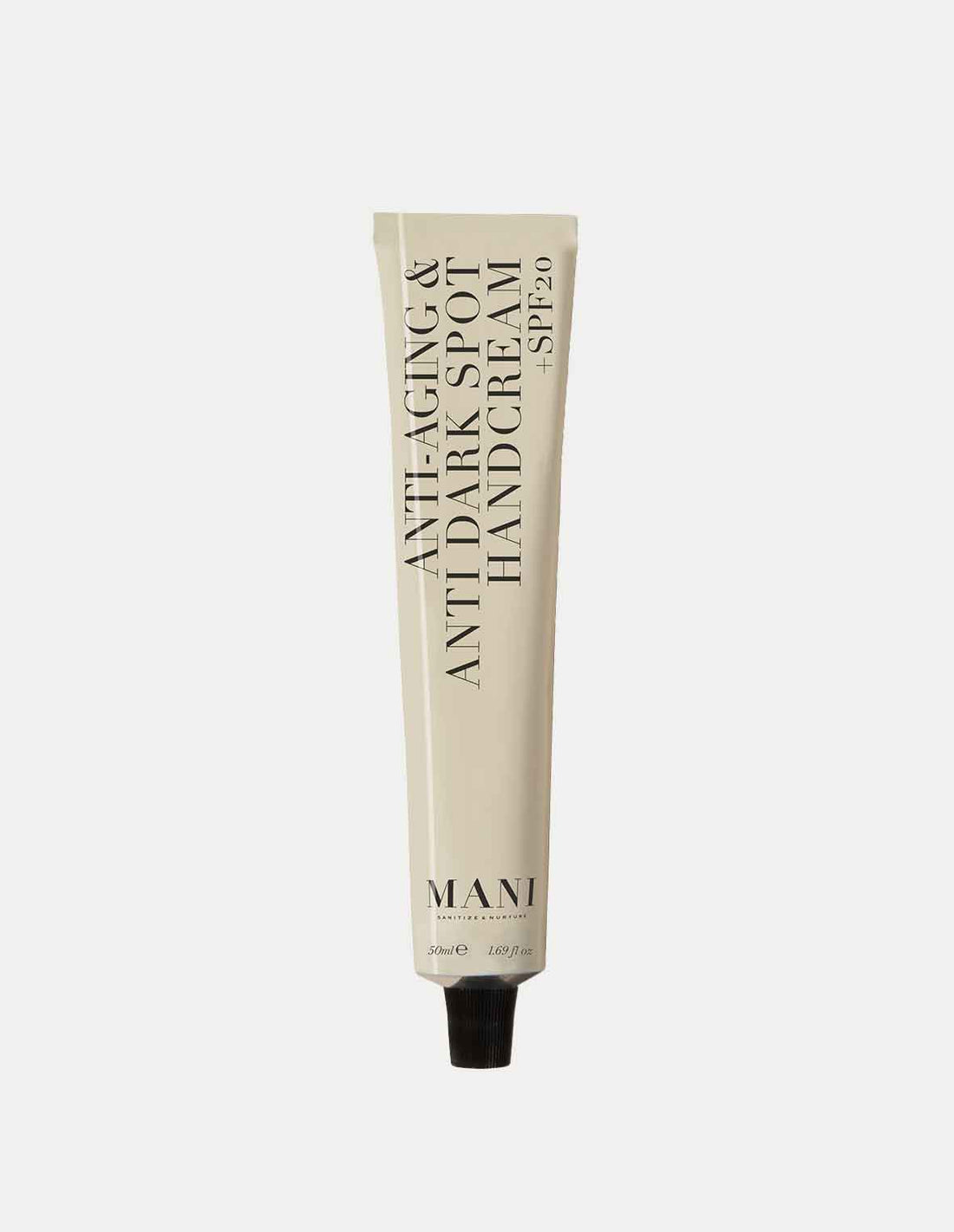 Anti-Aging Hand Cream + SPF20
Anti-Aging Hand Cream + SPF20- Regular price
-
CHF 28.00 - Regular price
-
- Sale price
-
CHF 28.00
-
"7 Moments" Facial Oil
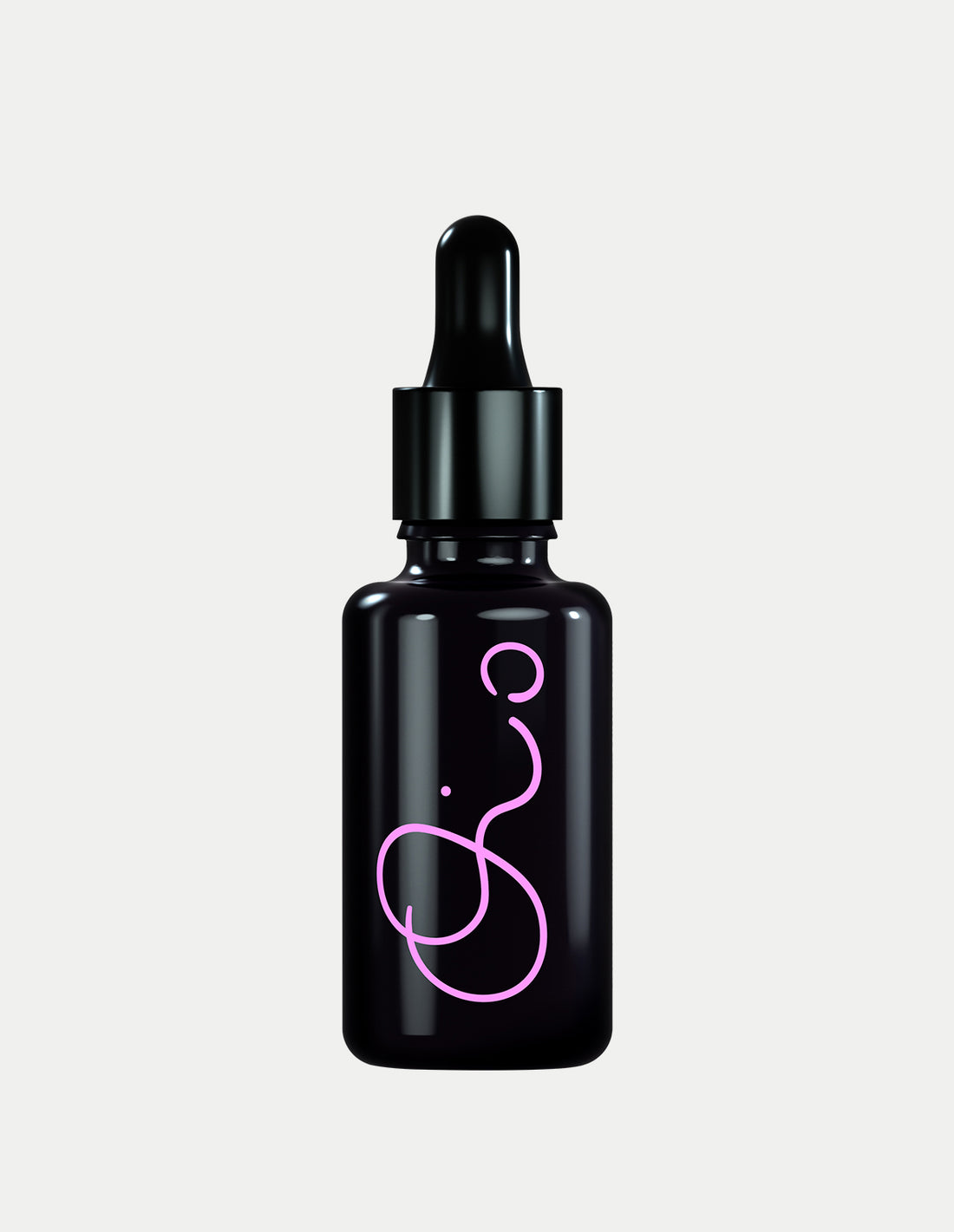 "7 Moments" Facial Oil
"7 Moments" Facial Oil- Regular price
-
CHF 29.50 - Regular price
-
CHF 59.00 - Sale price
-
CHF 29.50
Sensitive, delicate skin
Is your skin irritated and reddened in many places, and feels tight? Does it react quickly to external influences and certain ingredients? These characteristics are typical of sensitive skin. Incorrect skincare products, allergies, or stress can further stress the skin and increase its sensitivity. It's important to choose gentle, soothing products to protect the skin and strengthen its natural barrier.
-
The Rich Cream - Face Cream
 The Rich Cream - Face Cream
The Rich Cream - Face Cream- Regular price
-
CHF 68.00 - Regular price
-
- Sale price
-
CHF 68.00
-
Camellia Extra Virgin Face Oil
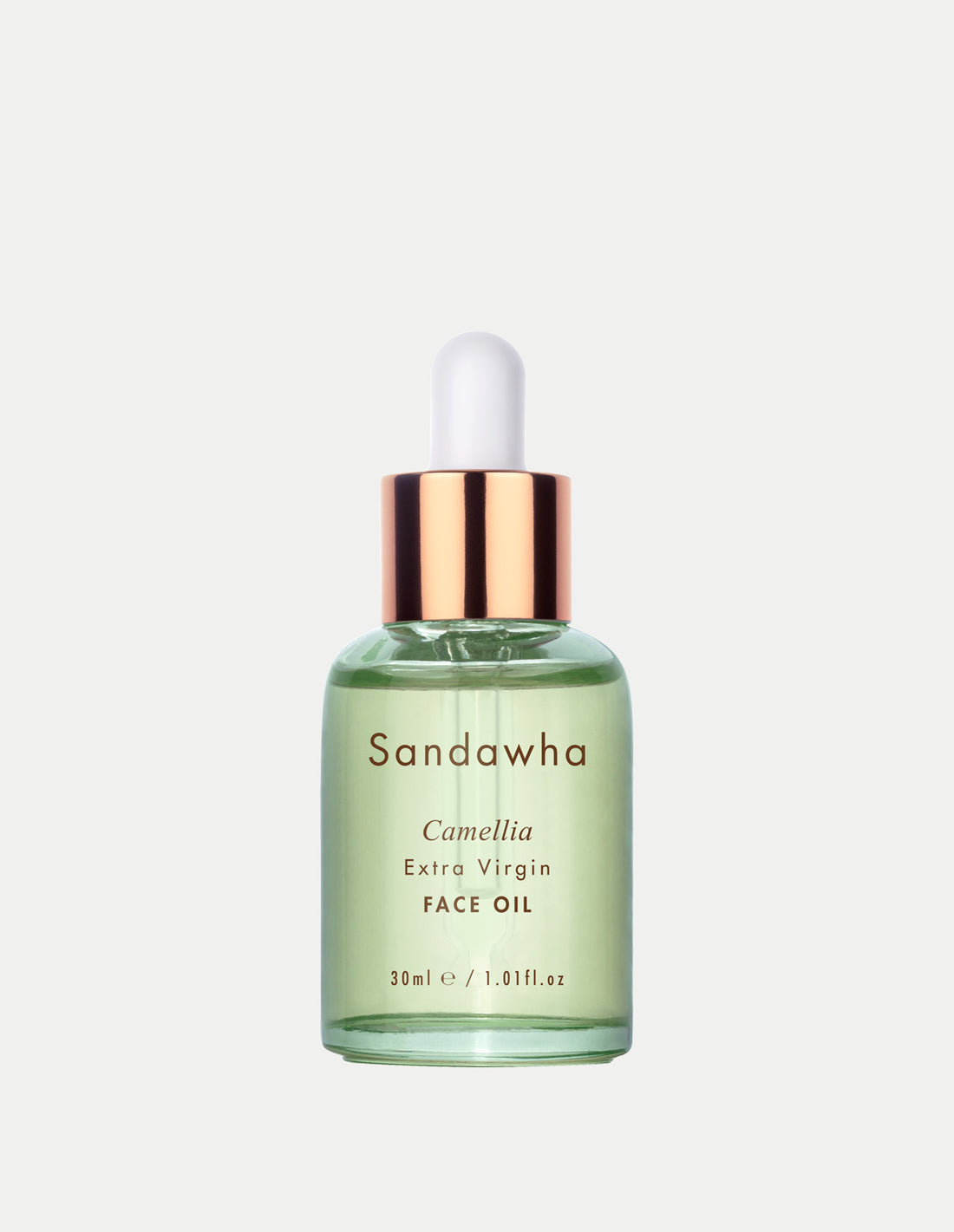 Camellia Extra Virgin Face Oil
Camellia Extra Virgin Face Oil- Regular price
-
CHF 48.00 - Regular price
-
- Sale price
-
CHF 48.00
-
Baume Contour Des Yeux - Eye Balm
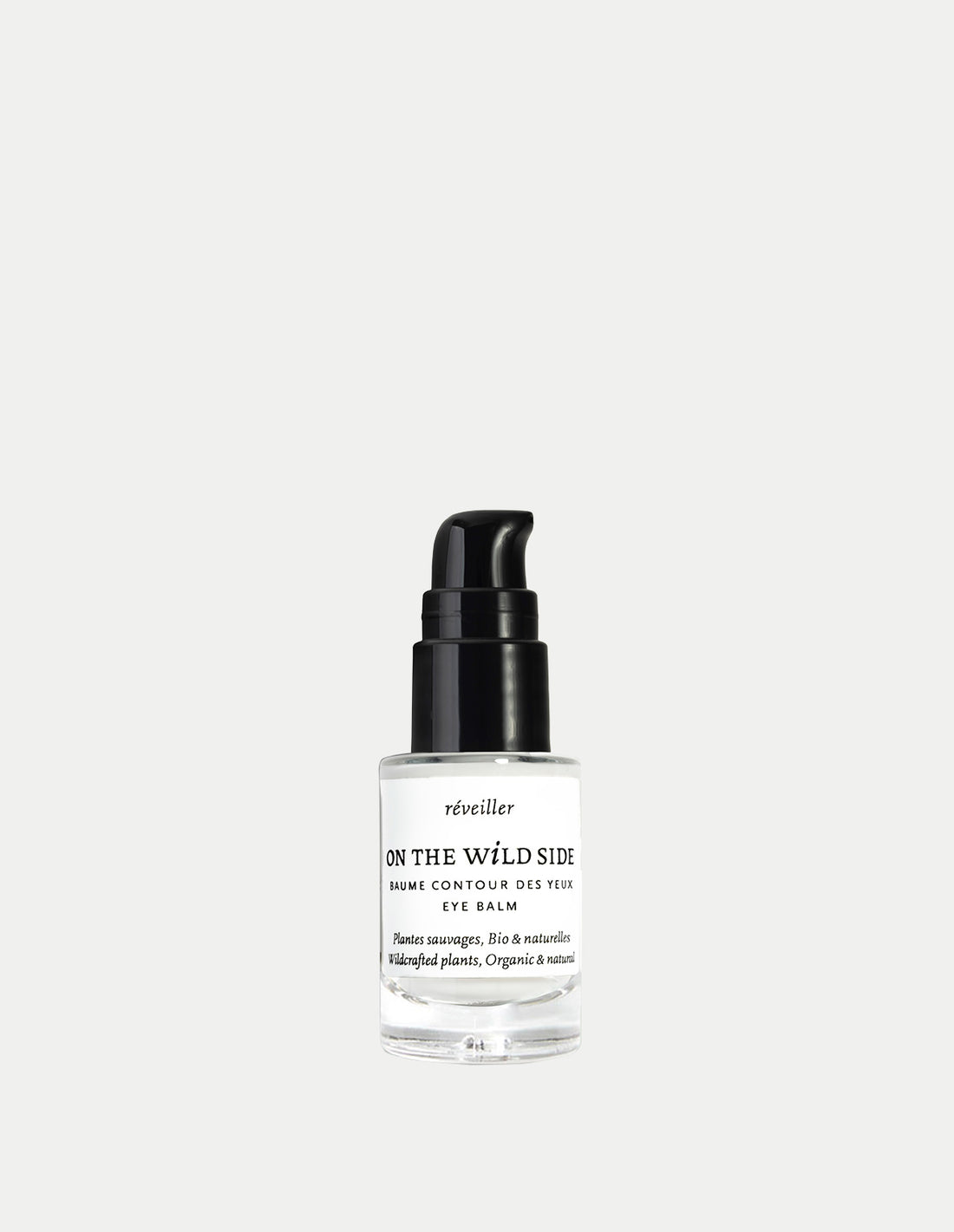 Baume Contour Des Yeux - Eye Balm
Baume Contour Des Yeux - Eye Balm- Regular price
-
CHF 39.00 - Regular price
-
- Sale price
-
CHF 39.00
-
Anti-Age Night Cream
 Anti-Age Night Cream
Anti-Age Night Cream- Regular price
-
CHF 46.00 - Regular price
-
- Sale price
-
CHF 46.00
-
"Fulvic Ionic" Foner For Face + Scalp
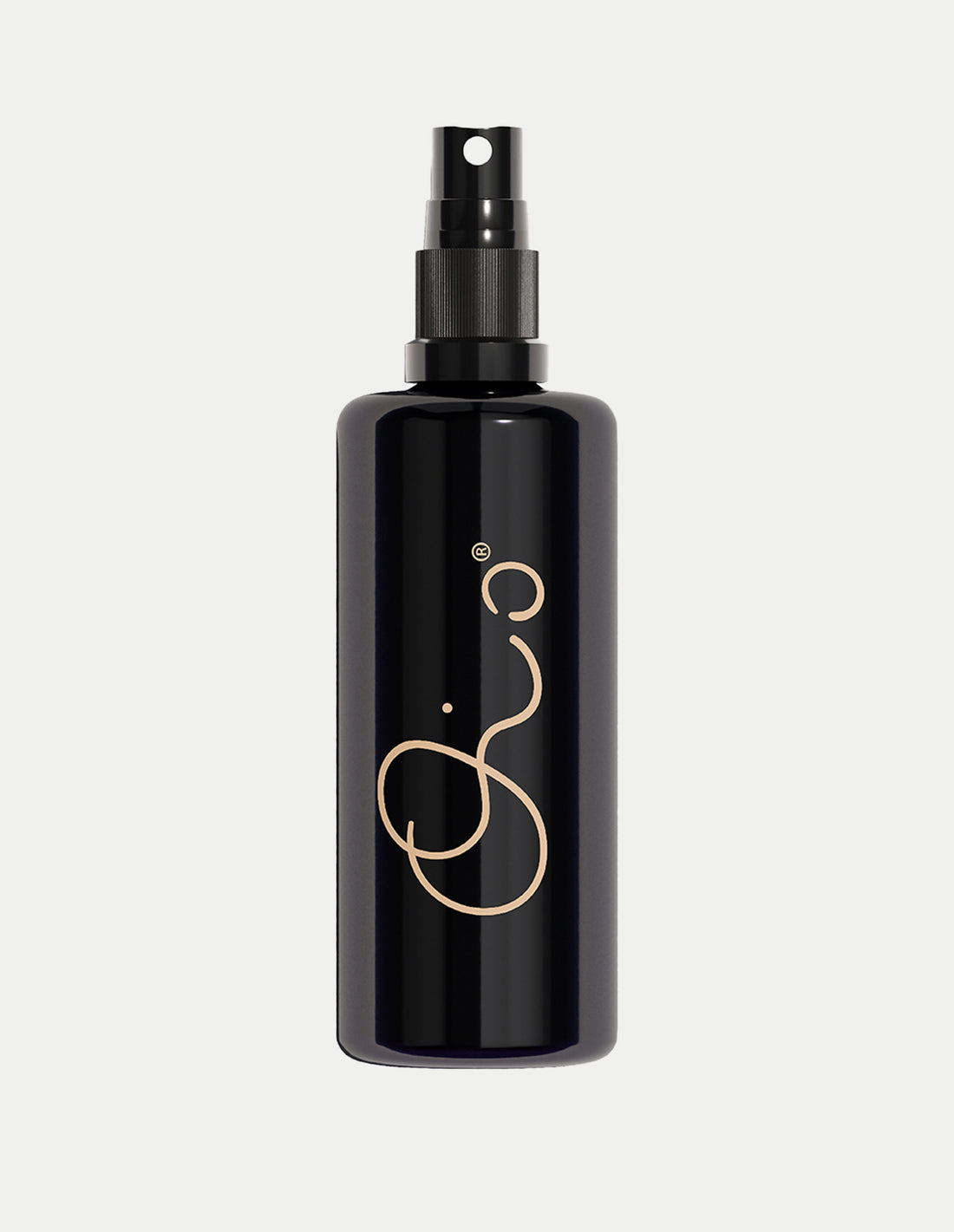 "Fulvic Ionic" Foner For Face + Scalp
"Fulvic Ionic" Foner For Face + Scalp- Regular price
-
CHF 24.50 - Regular price
-
CHF 49.00 - Sale price
-
CHF 24.50
-
"All in Eye" | Eye Contour and Eyelid Complete Serum
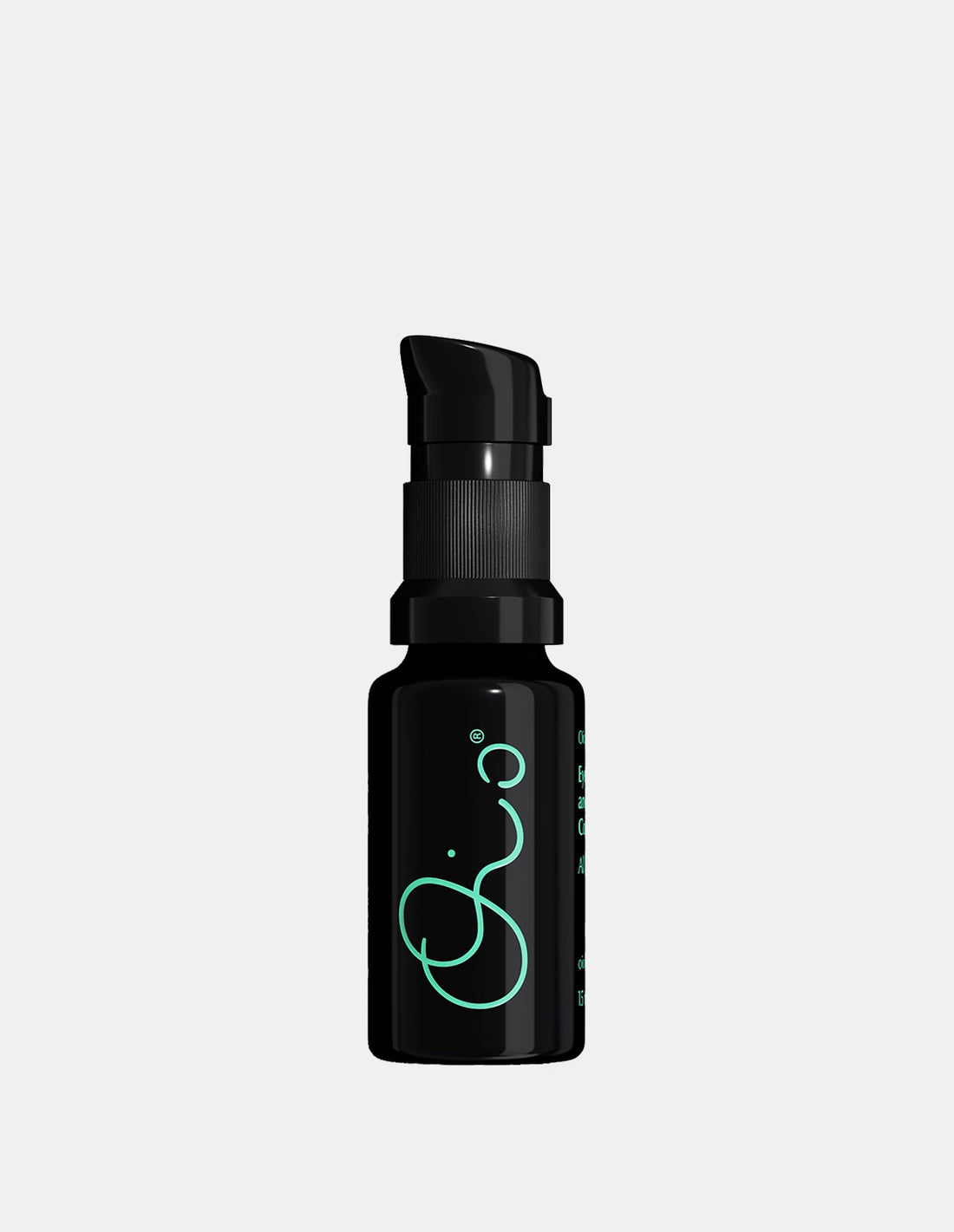 "All in Eye" | Eye Contour and Eyelid Complete Serum
"All in Eye" | Eye Contour and Eyelid Complete Serum- Regular price
-
CHF 49.00 - Regular price
-
- Sale price
-
CHF 49.00
Rosacea
Rosacea, also known as couperose, is a chronic, inflammatory skin disease. Typical symptoms include redness, dilated capillaries, and blisters, especially on the face. The redness occurs in episodes and varies in severity. In advanced stages, inflammation, burning, and itching may occur. When it comes to skincare, avoid fragrances and irritating ingredients and focus instead on moisturizing and barrier-strengthening substances.
-
"O-Mega Milk" Cleansing Facial Milk & Moisture Mask
 "O-Mega Milk" Cleansing Facial Milk & Moisture Mask
"O-Mega Milk" Cleansing Facial Milk & Moisture Mask- Regular price
-
CHF 59.00 - Regular price
-
- Sale price
-
CHF 59.00
-
Comfort Zone Cleansing Balm
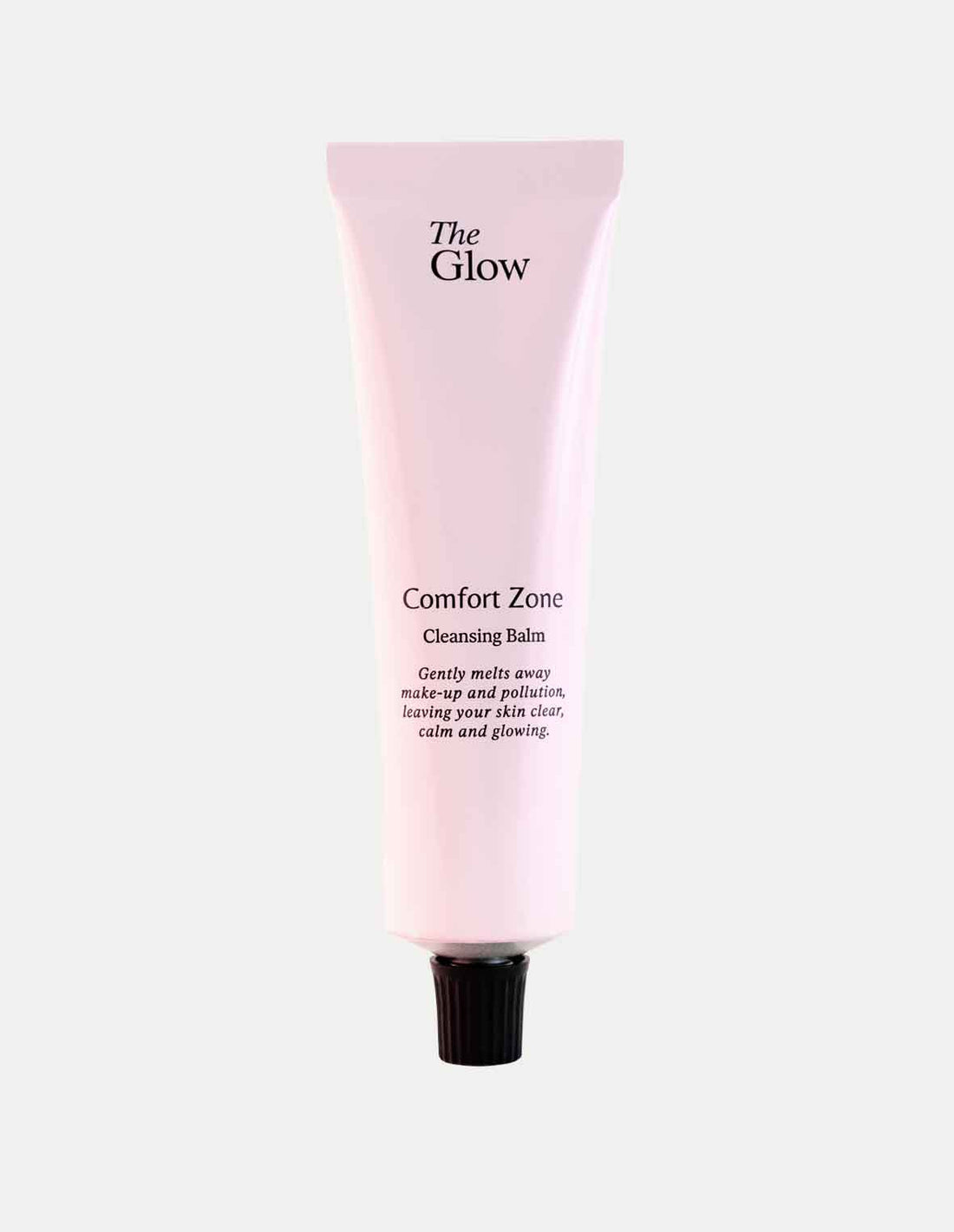 Comfort Zone Cleansing Balm
Comfort Zone Cleansing Balm- Regular price
-
CHF 34.00 - Regular price
-
- Sale price
-
CHF 34.00
-
"Kind To Skin" Soothing Facial Beauty Balm
 "Kind To Skin" Soothing Facial Beauty Balm
"Kind To Skin" Soothing Facial Beauty Balm- Regular price
-
CHF 49.00 - Regular price
-
- Sale price
-
CHF 49.00
-
"The Forest Retreat" Facial Fluid
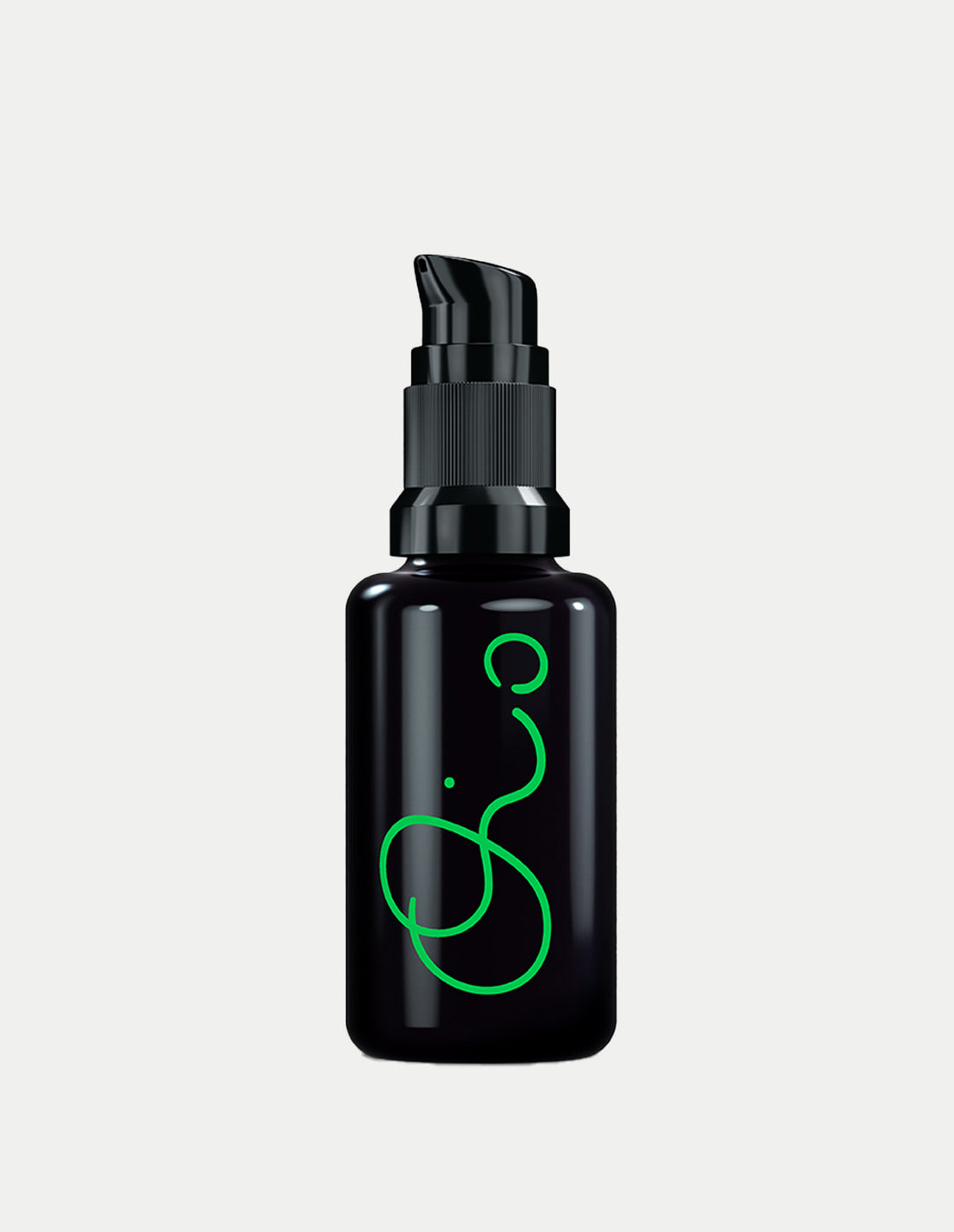 "The Forest Retreat" Facial Fluid
"The Forest Retreat" Facial Fluid- Regular price
-
CHF 59.00 - Regular price
-
- Sale price
-
CHF 59.00










